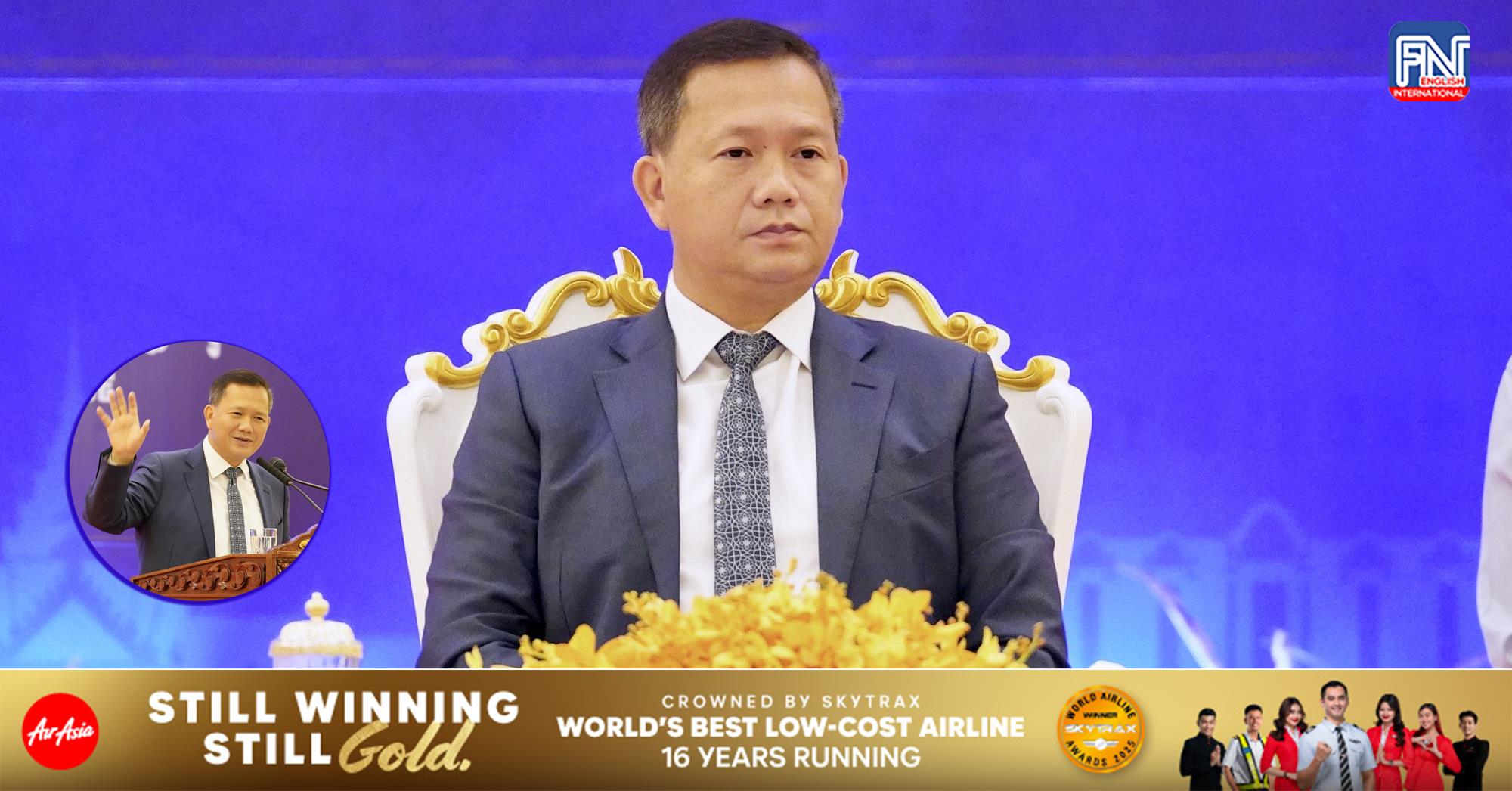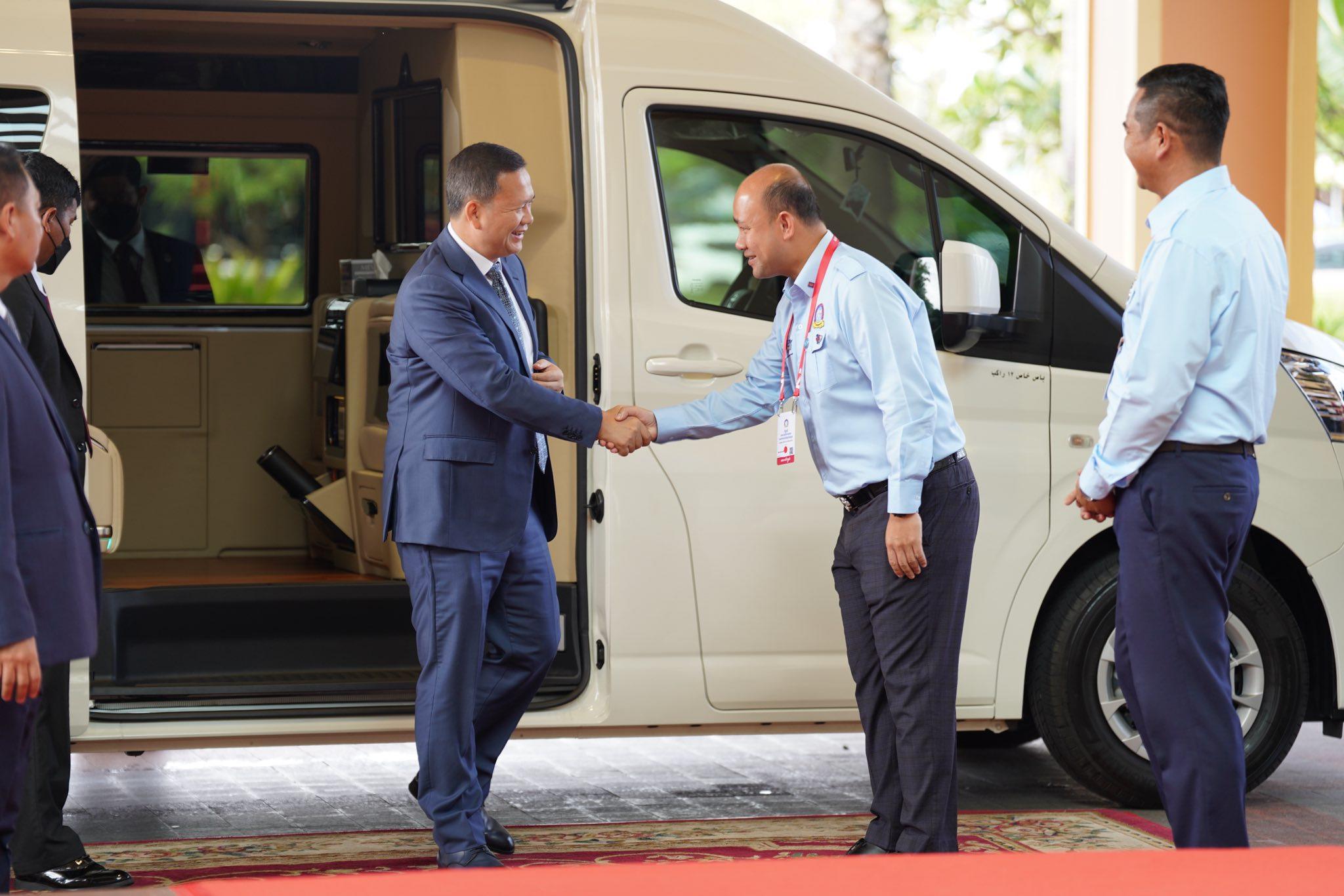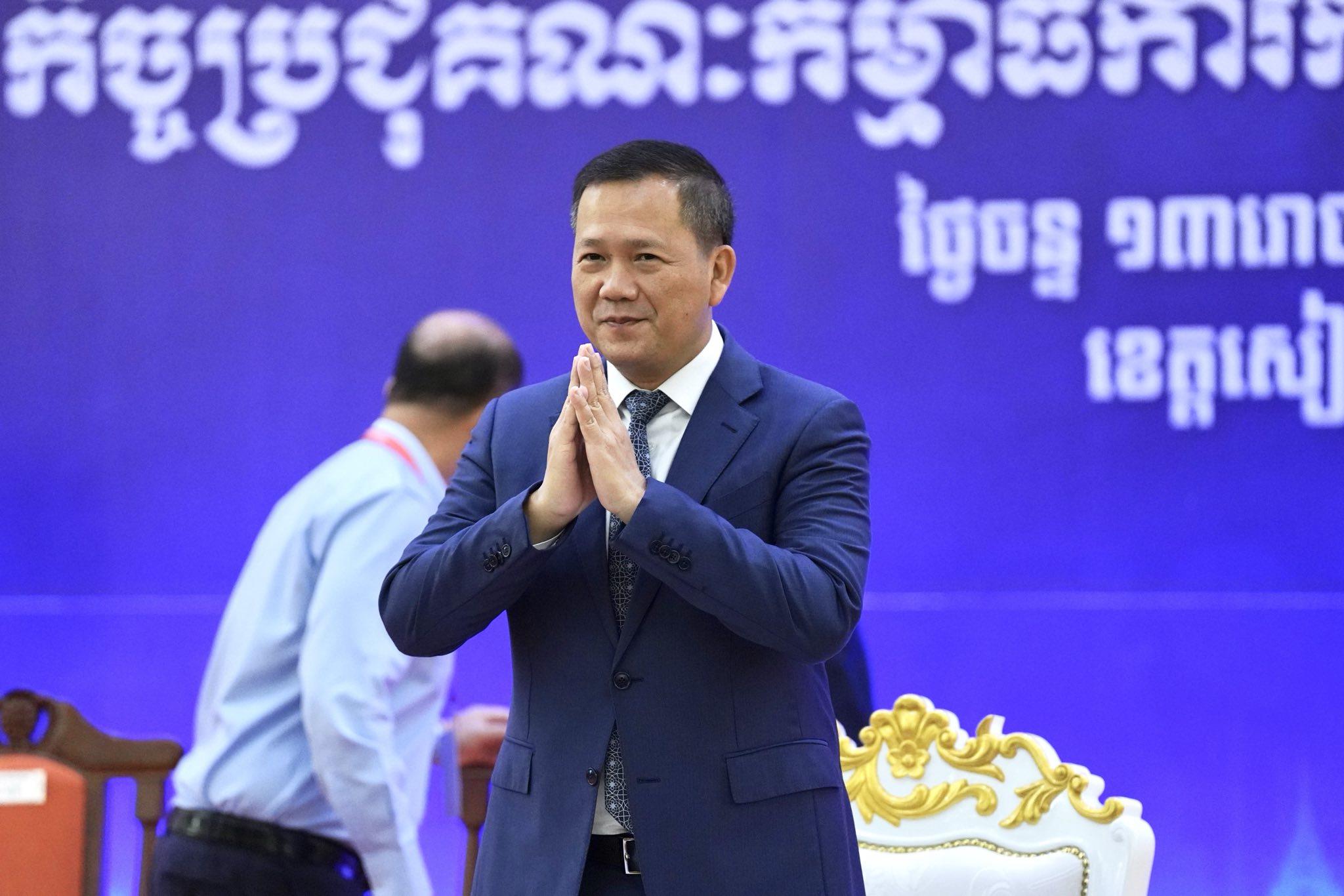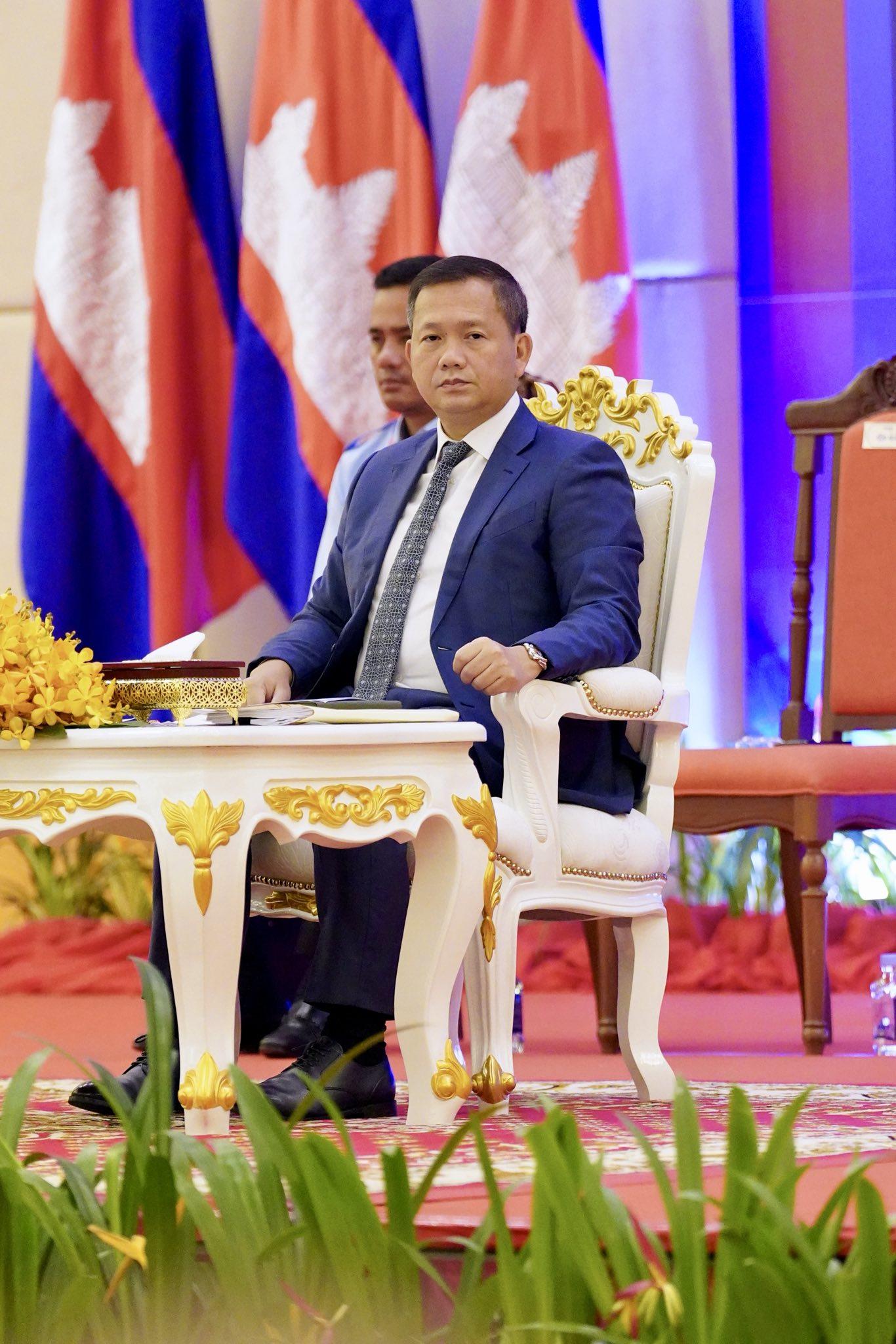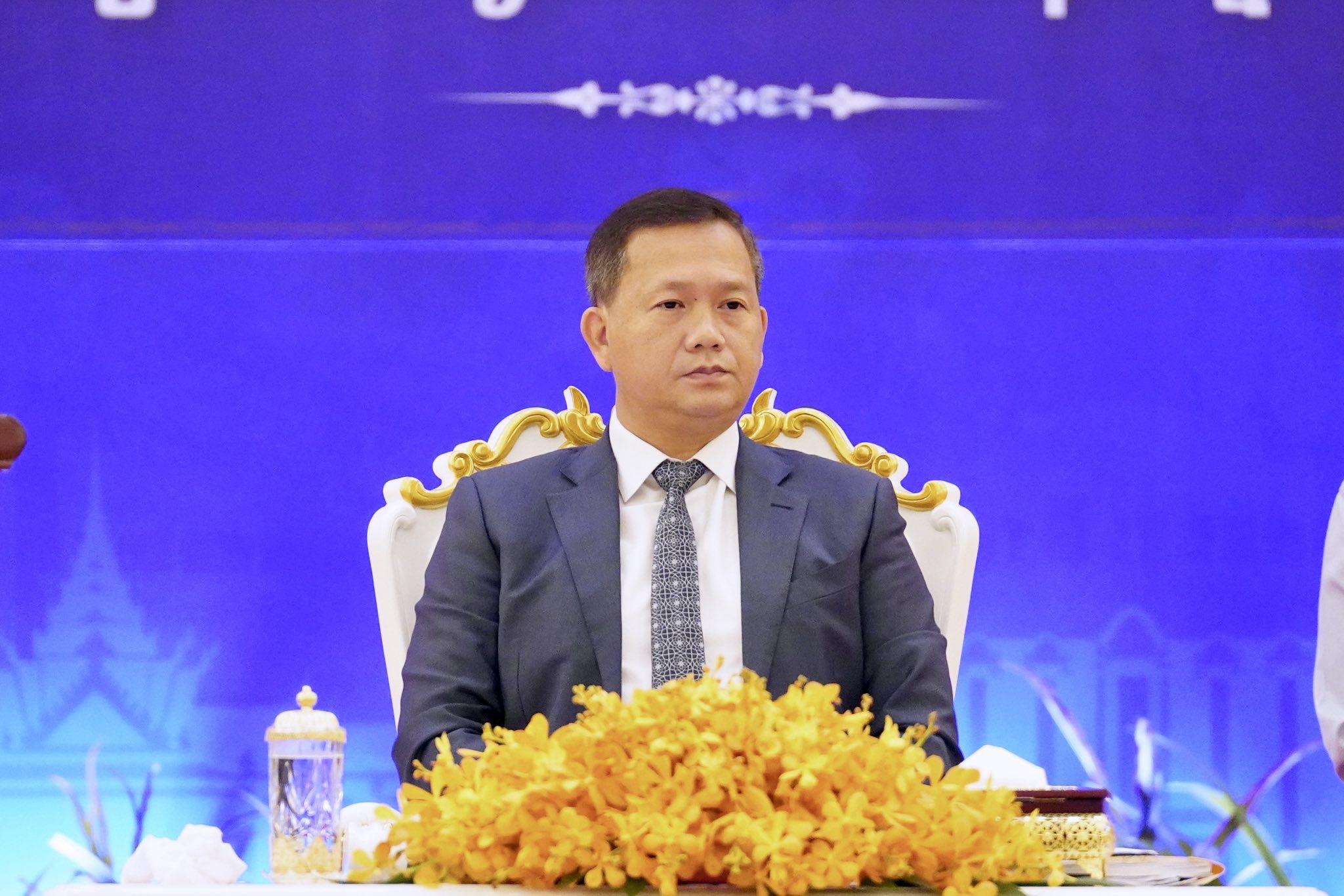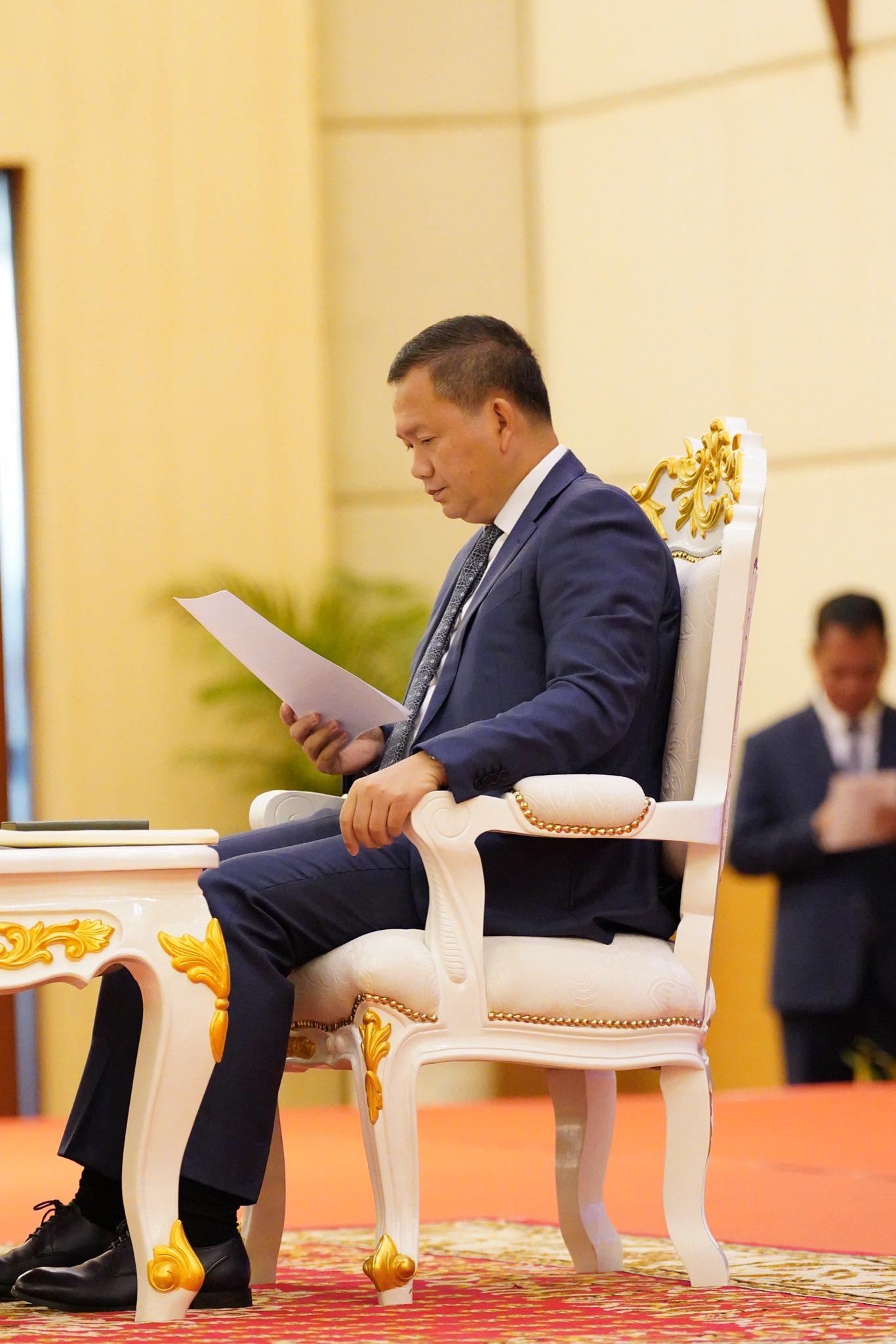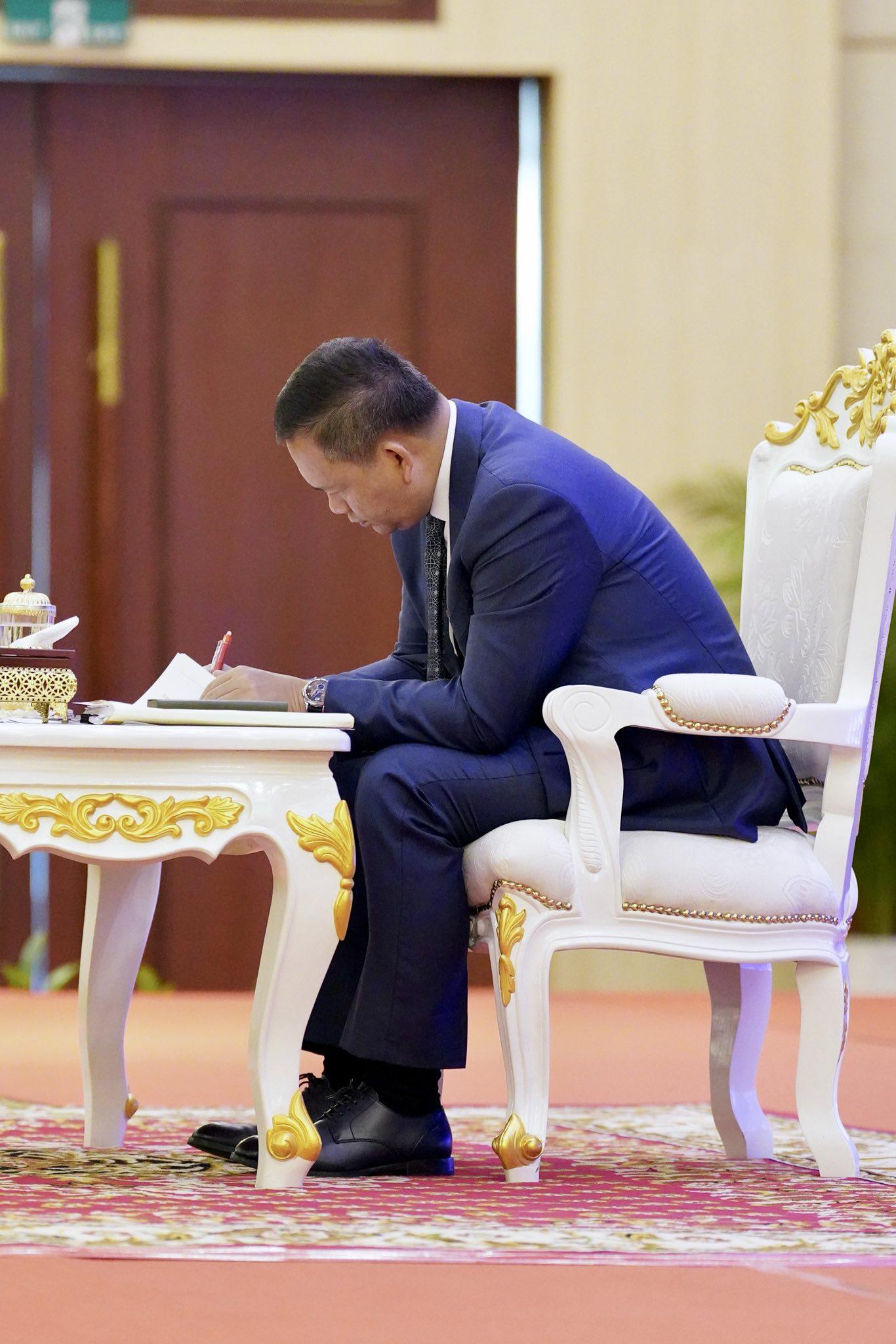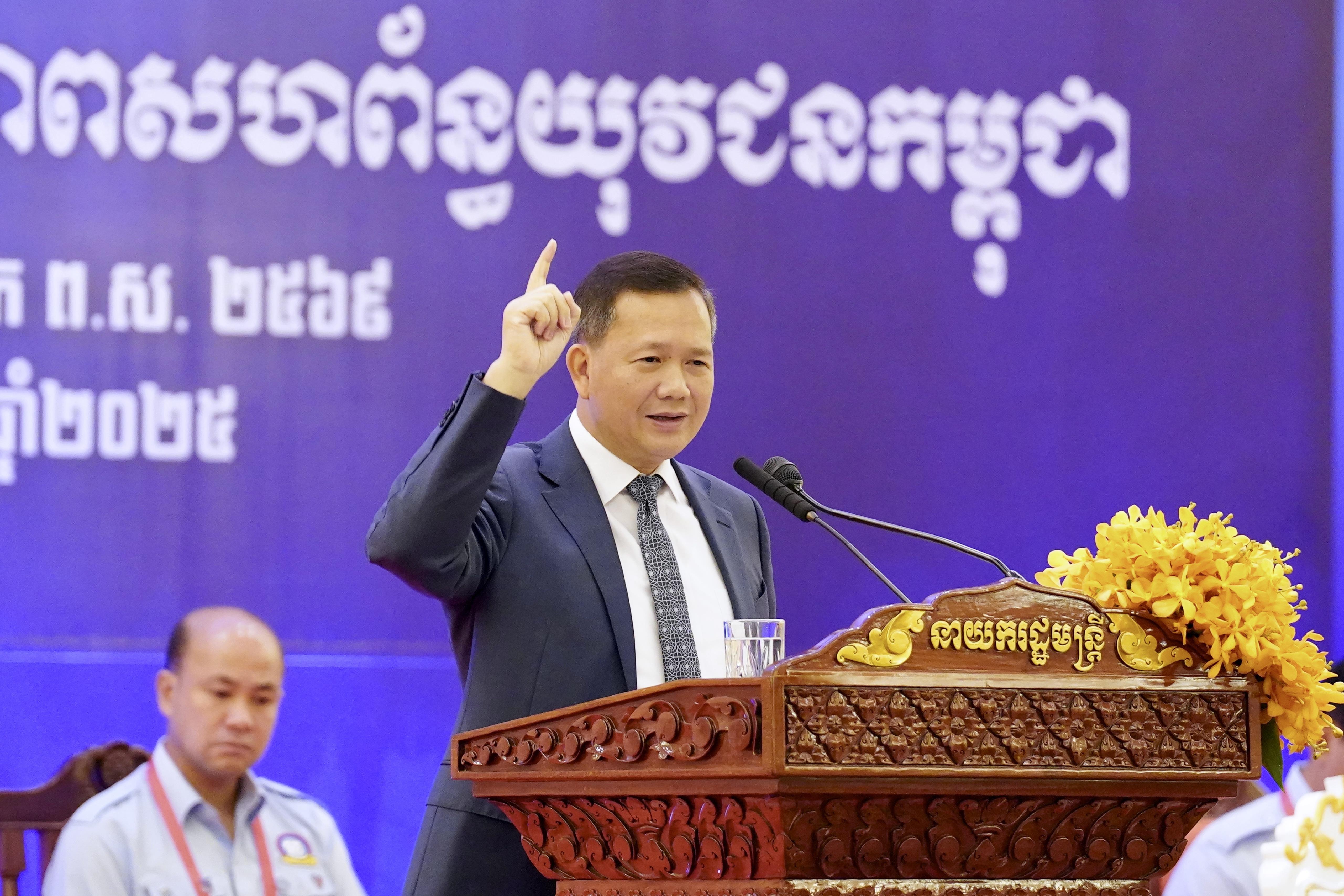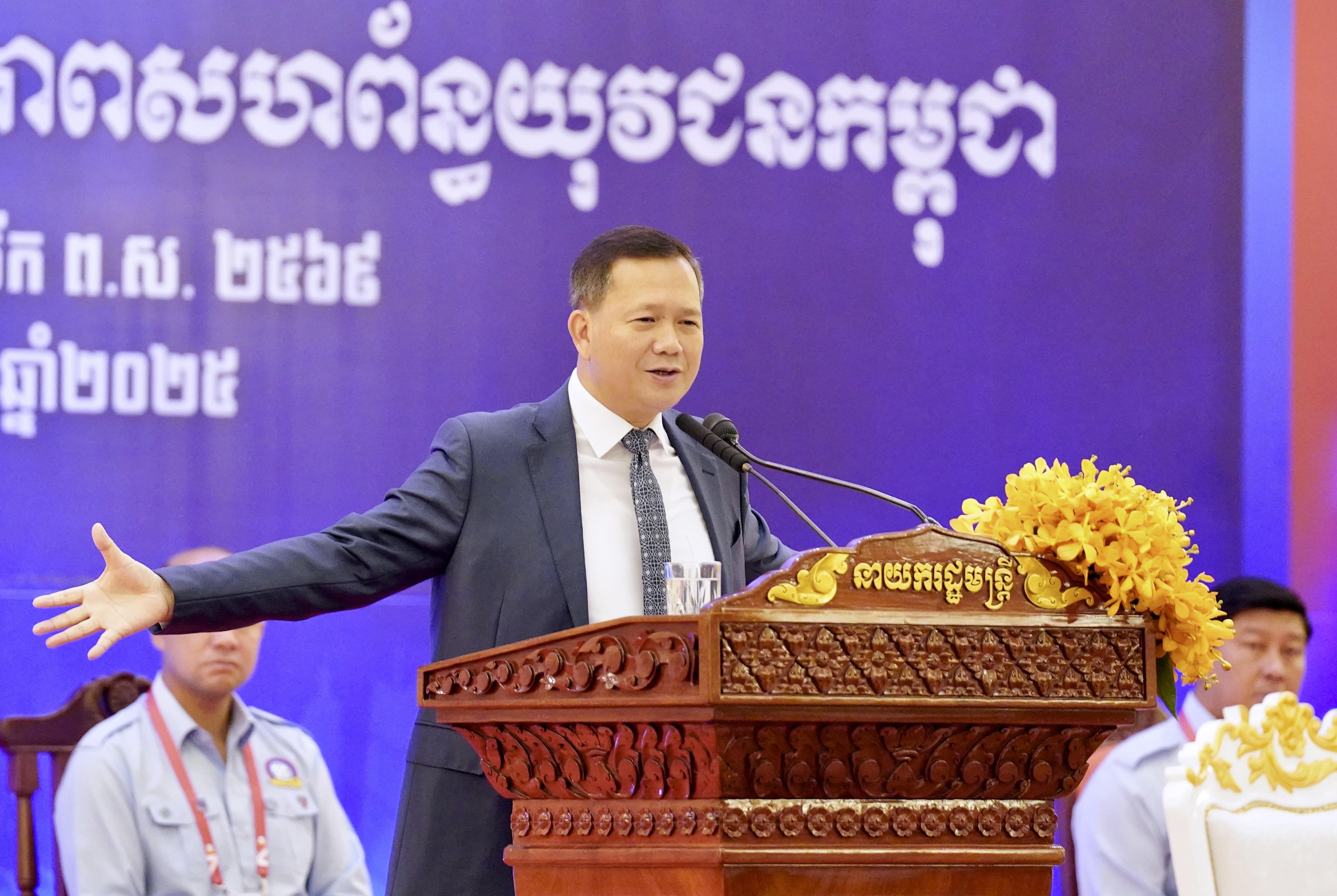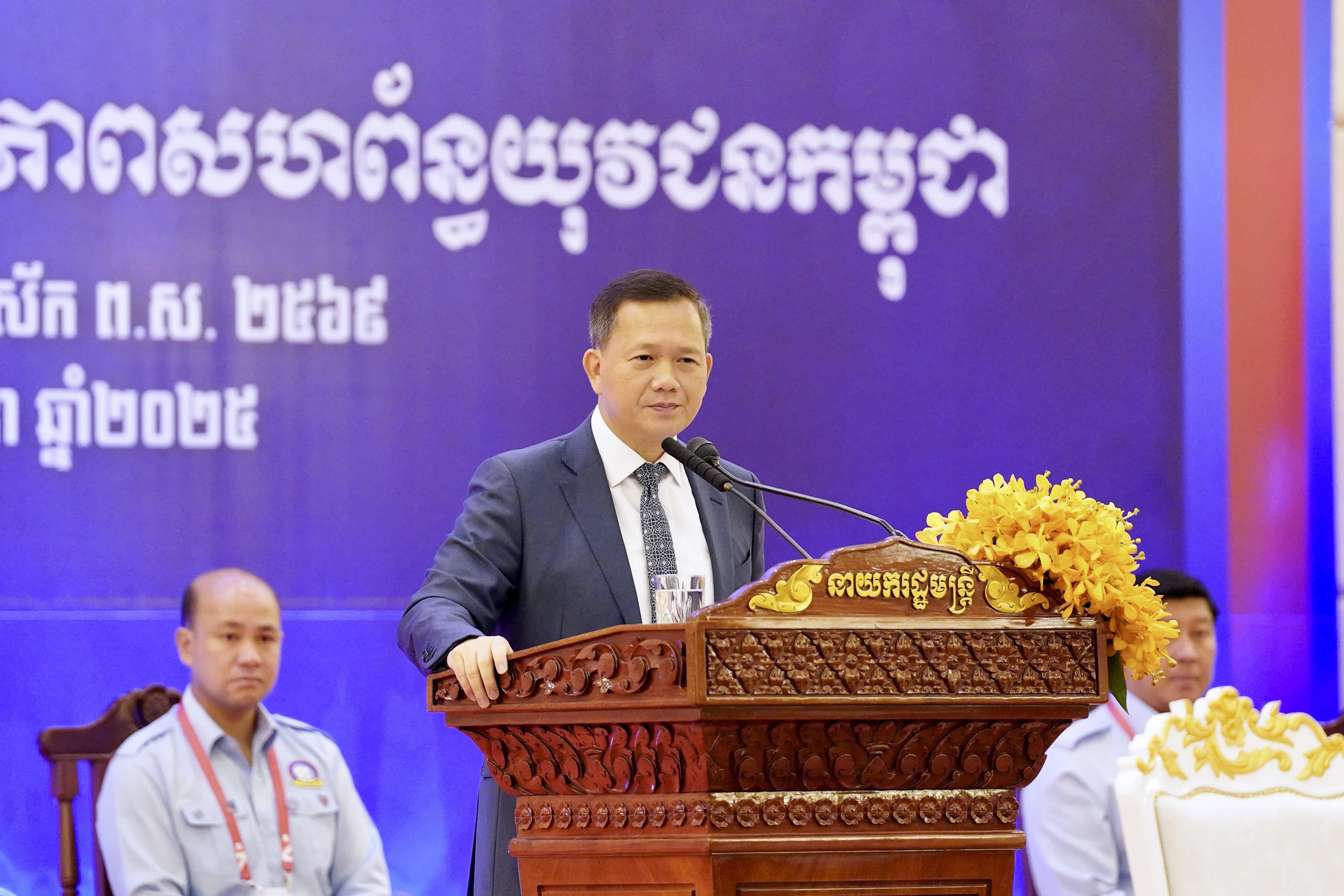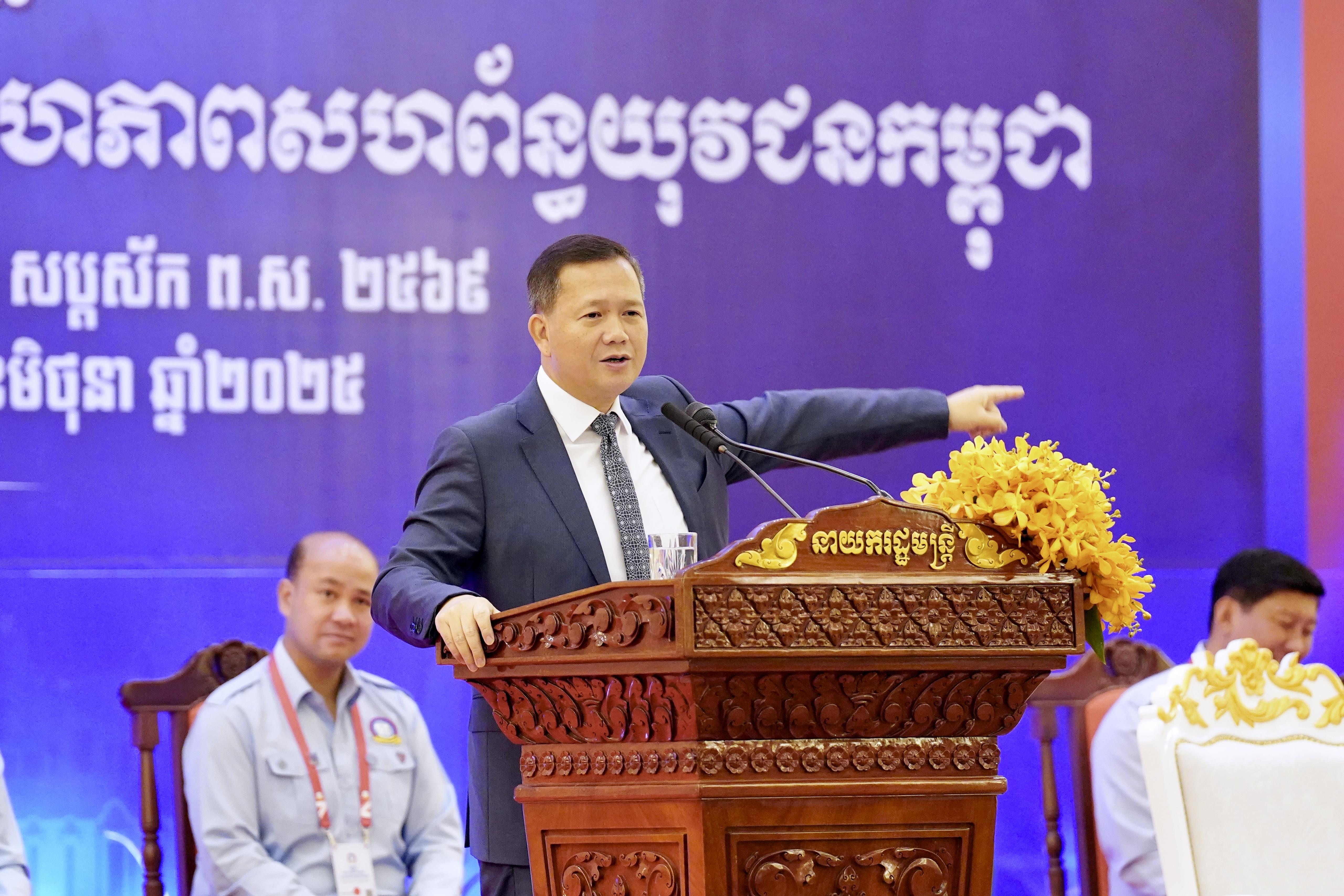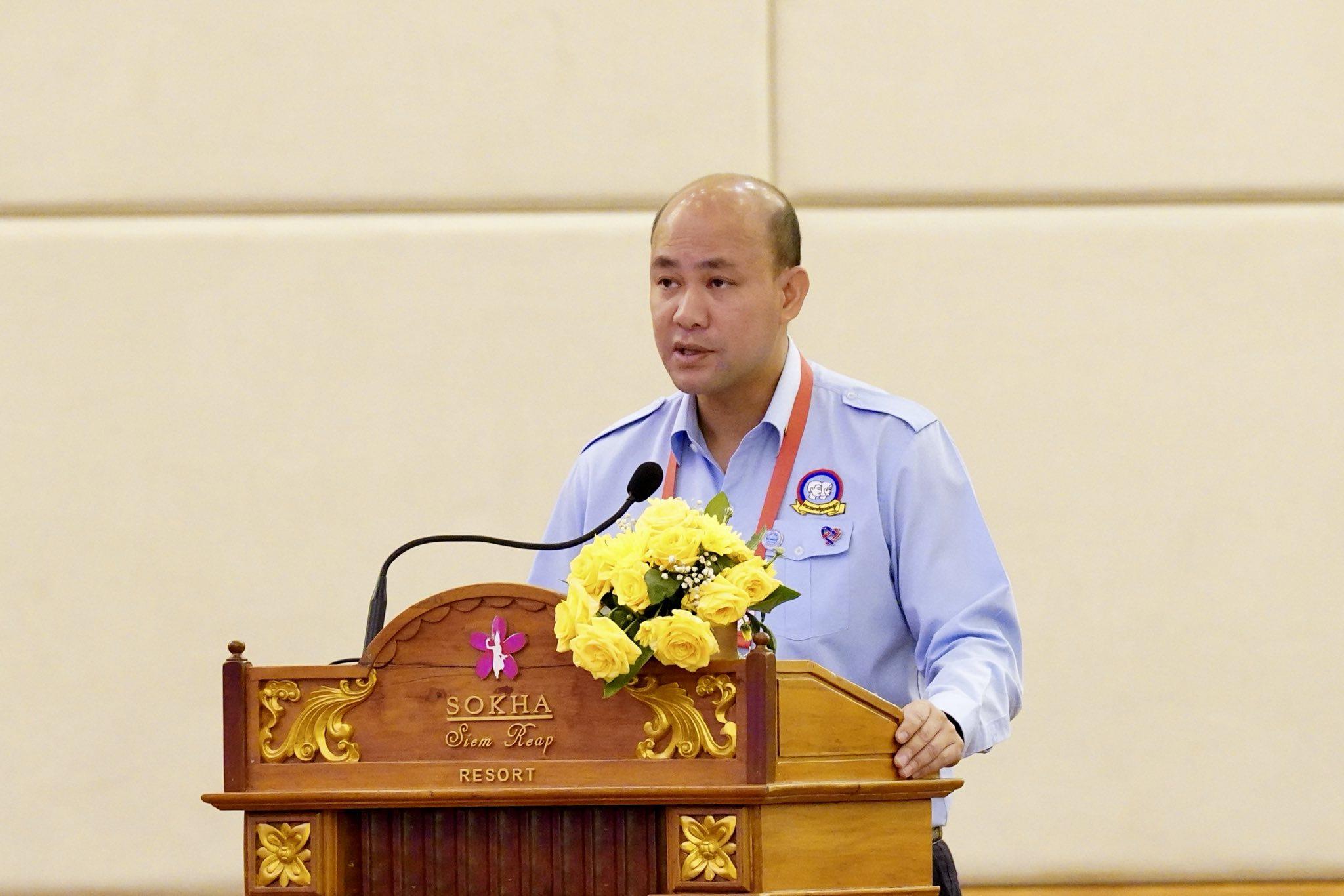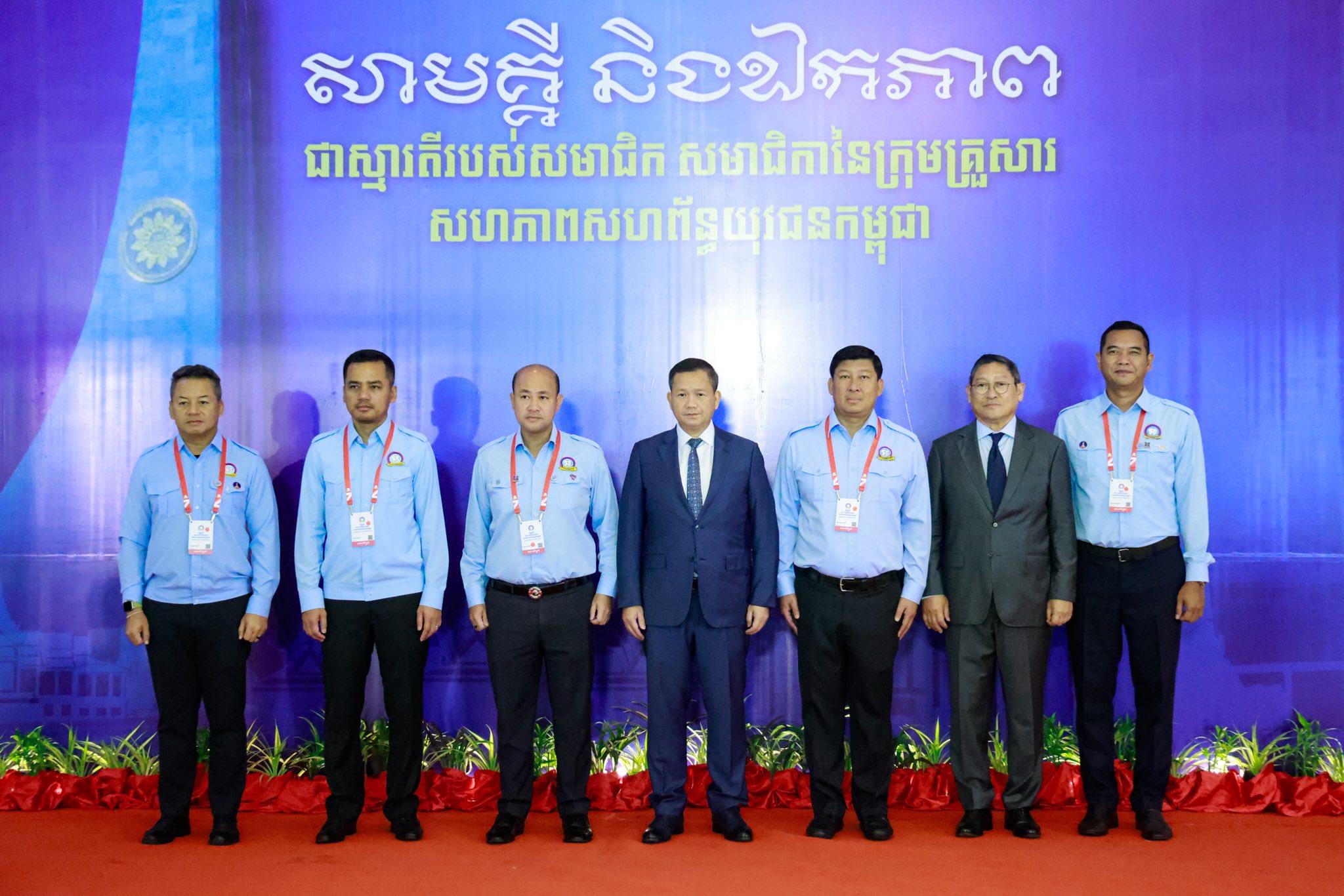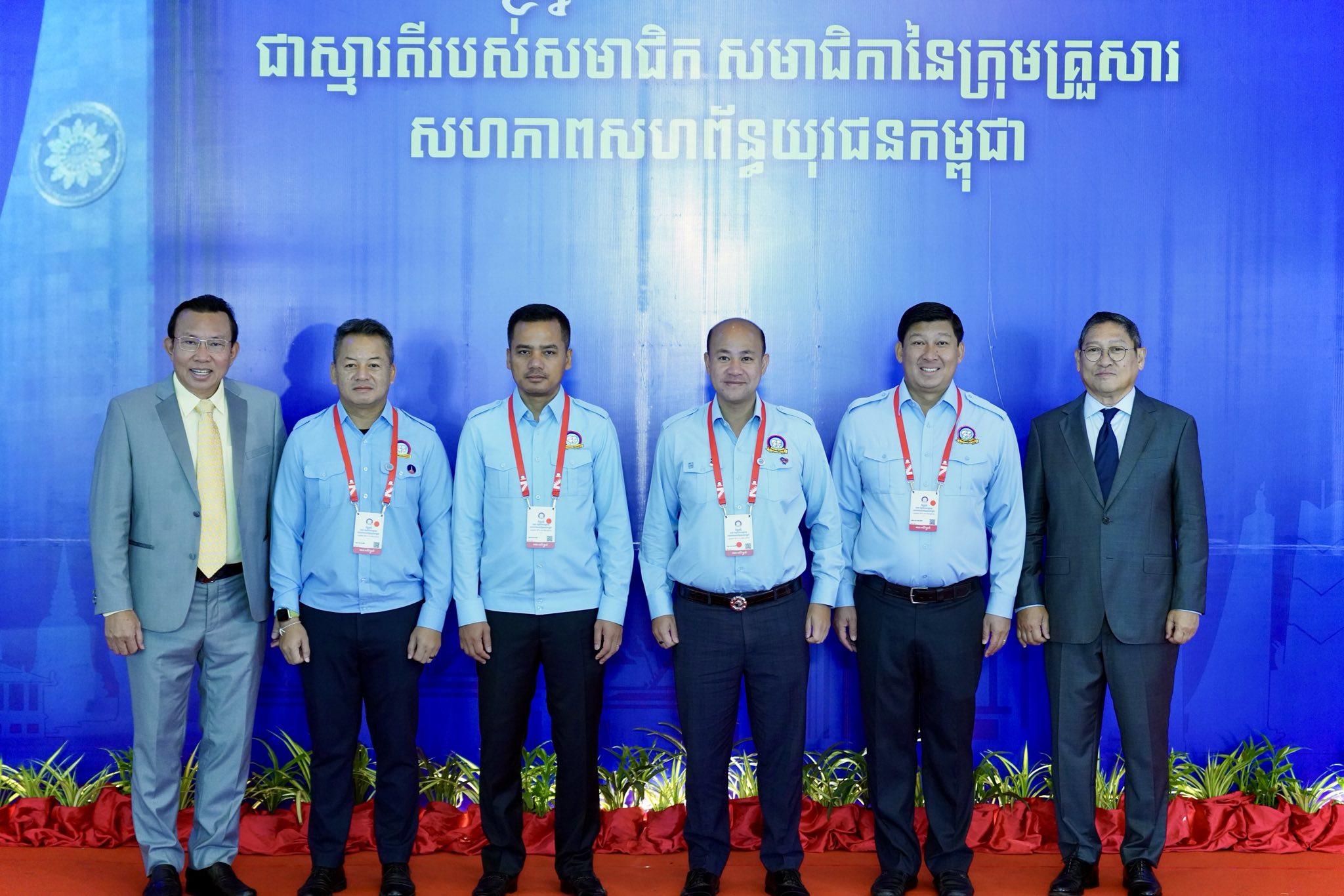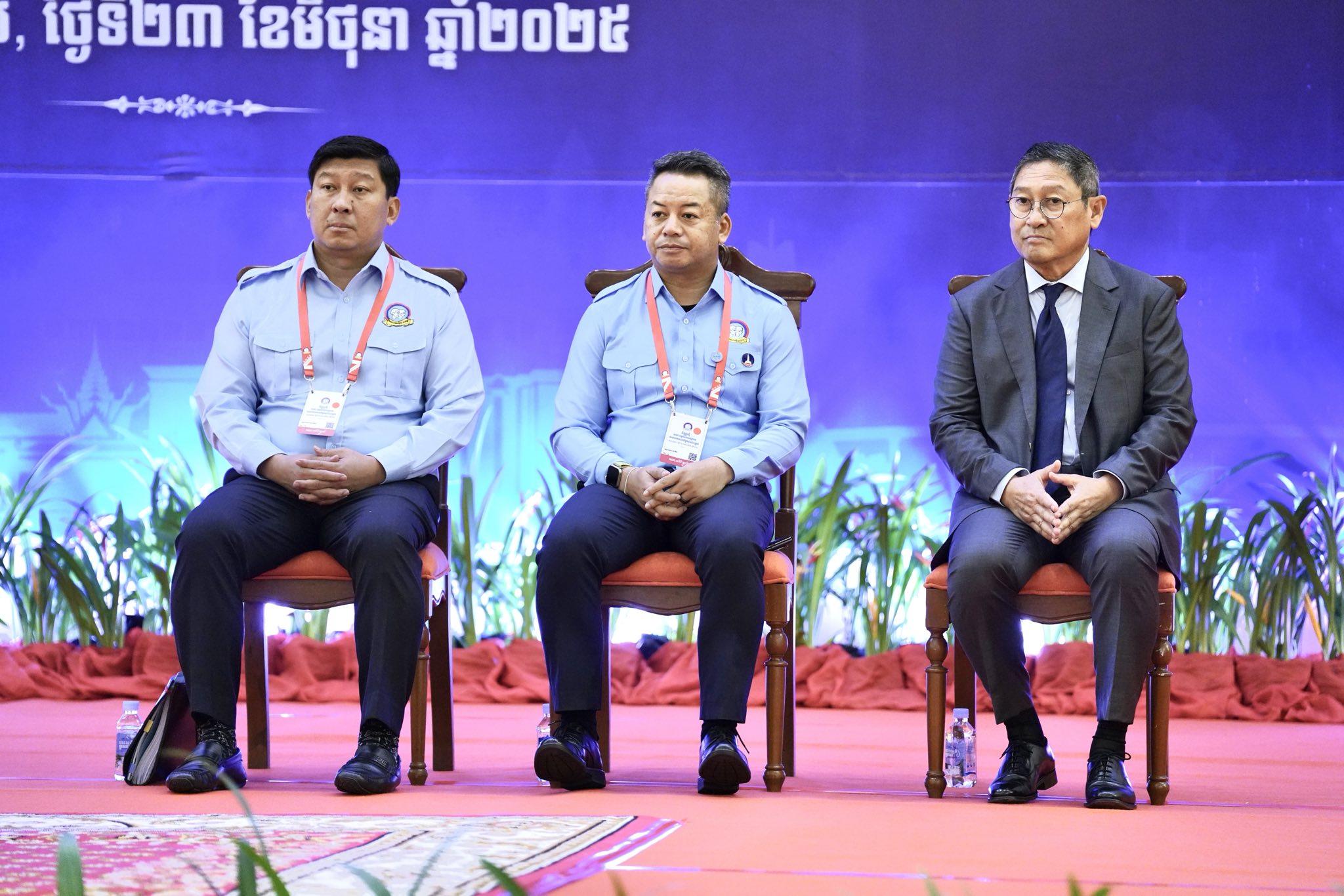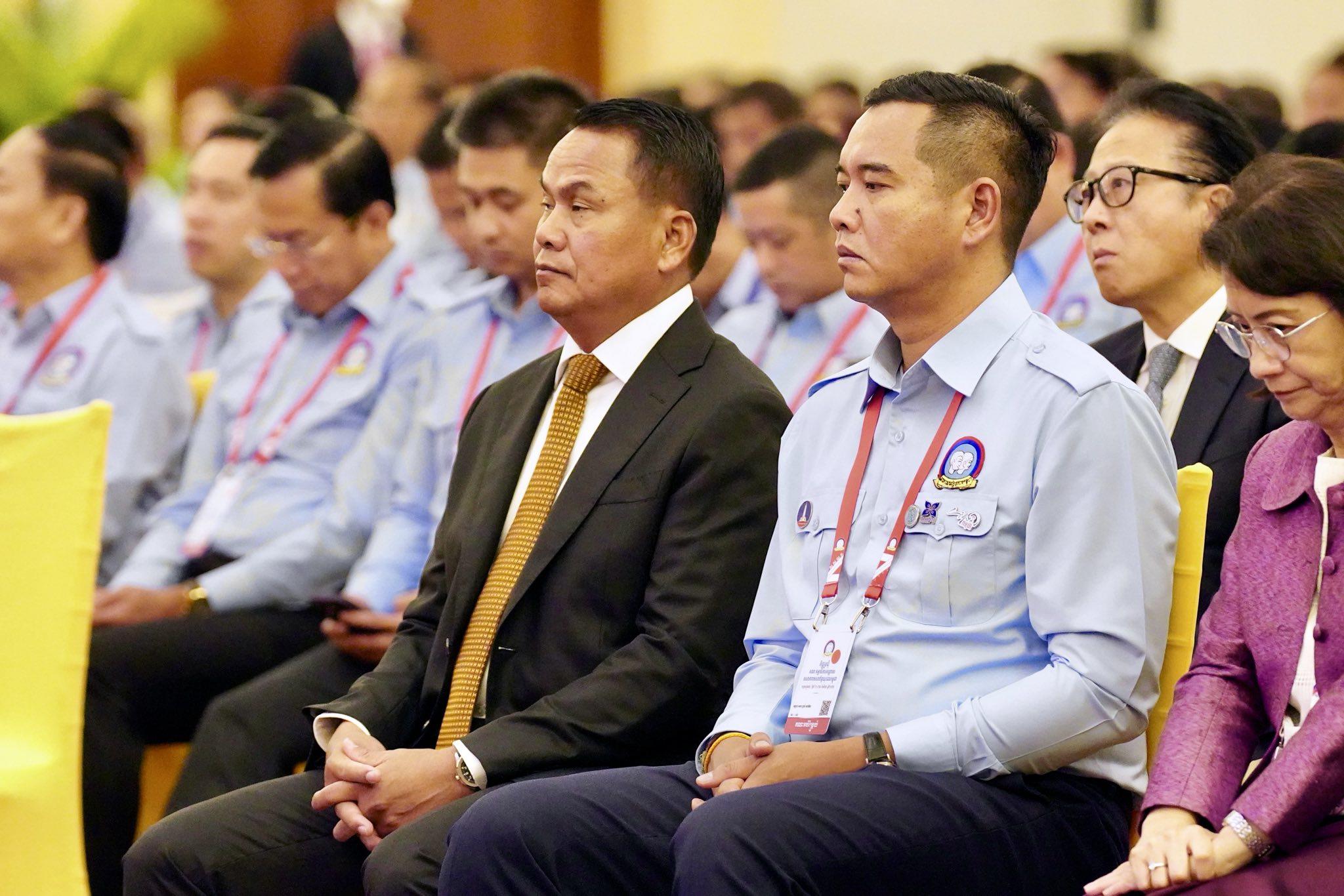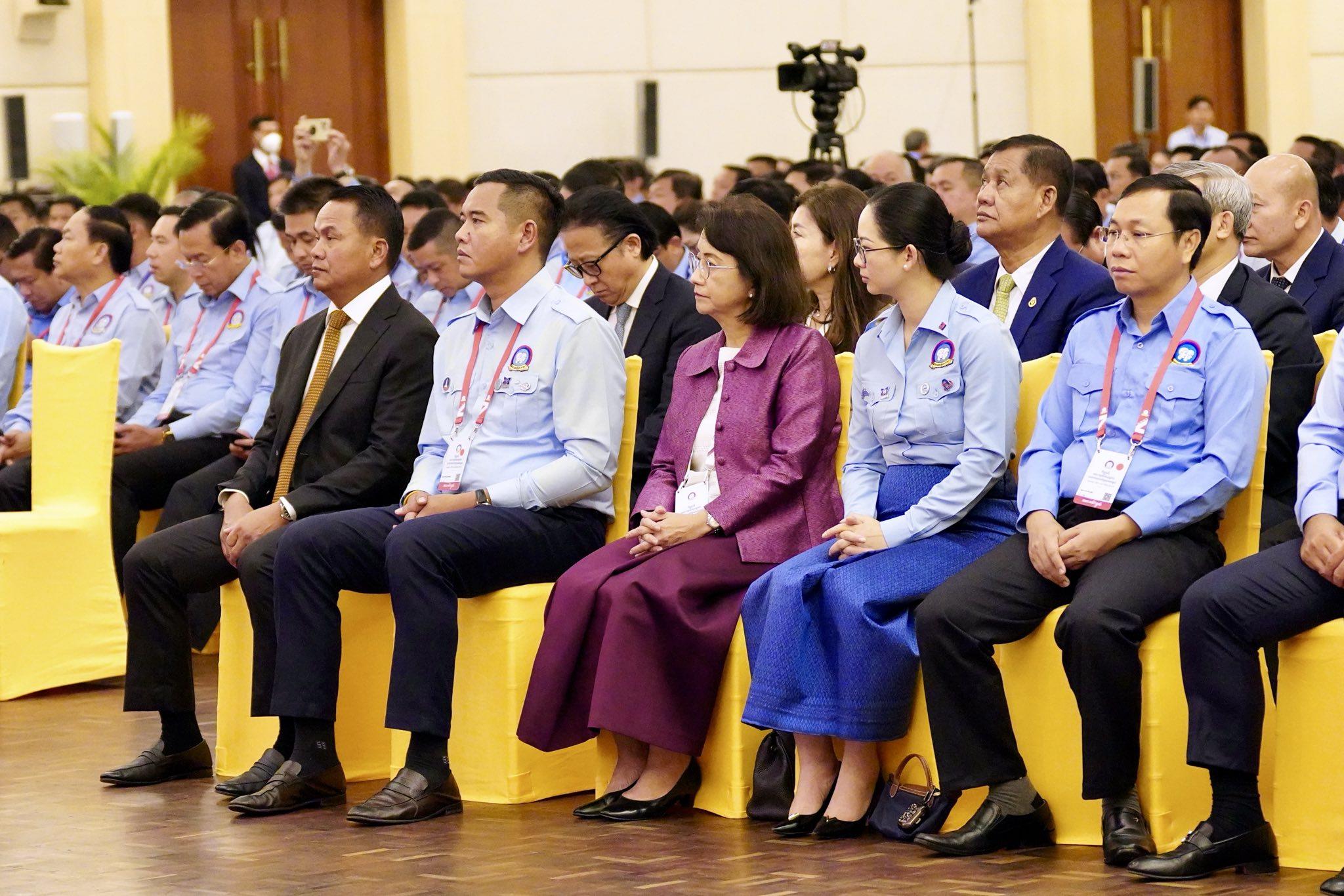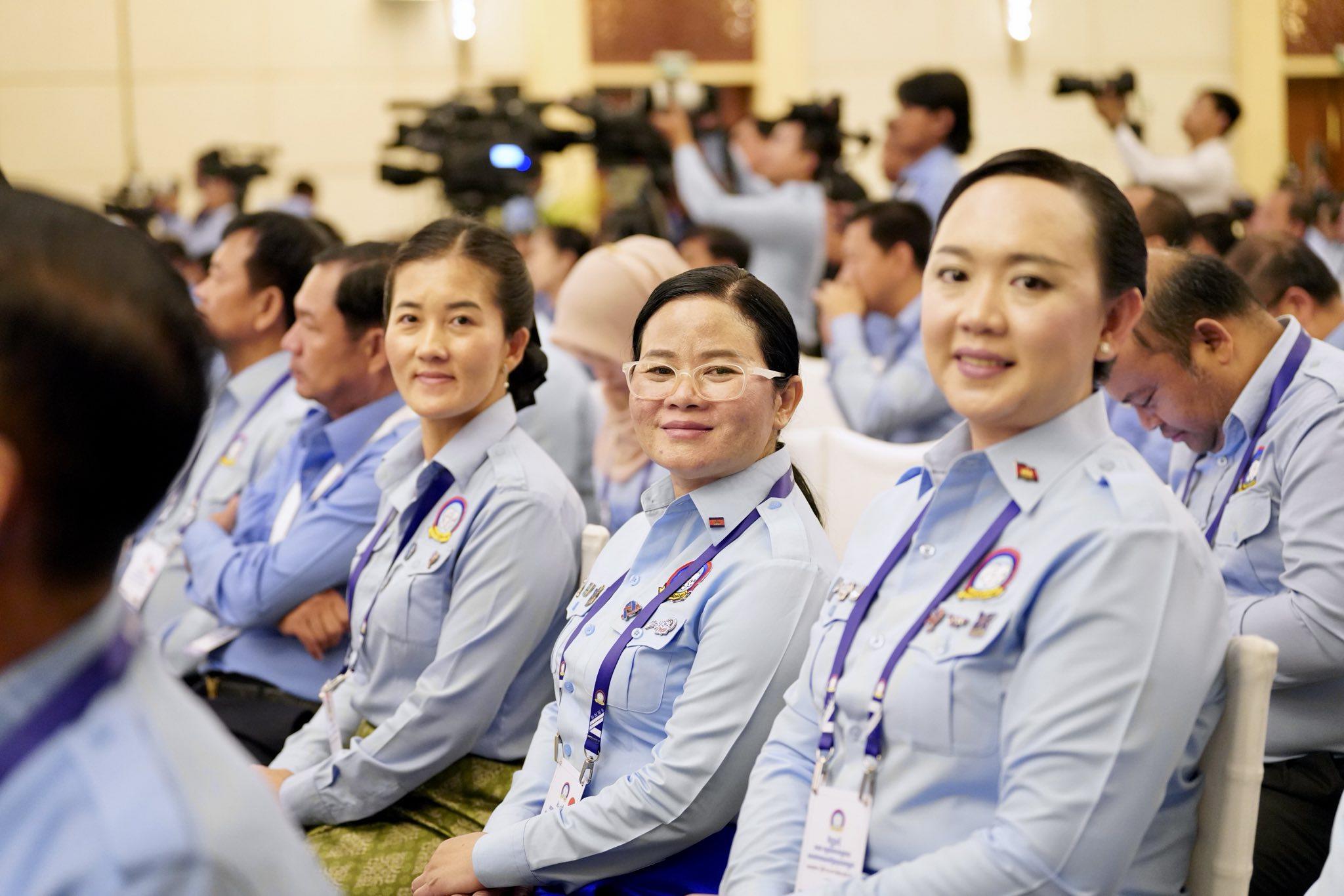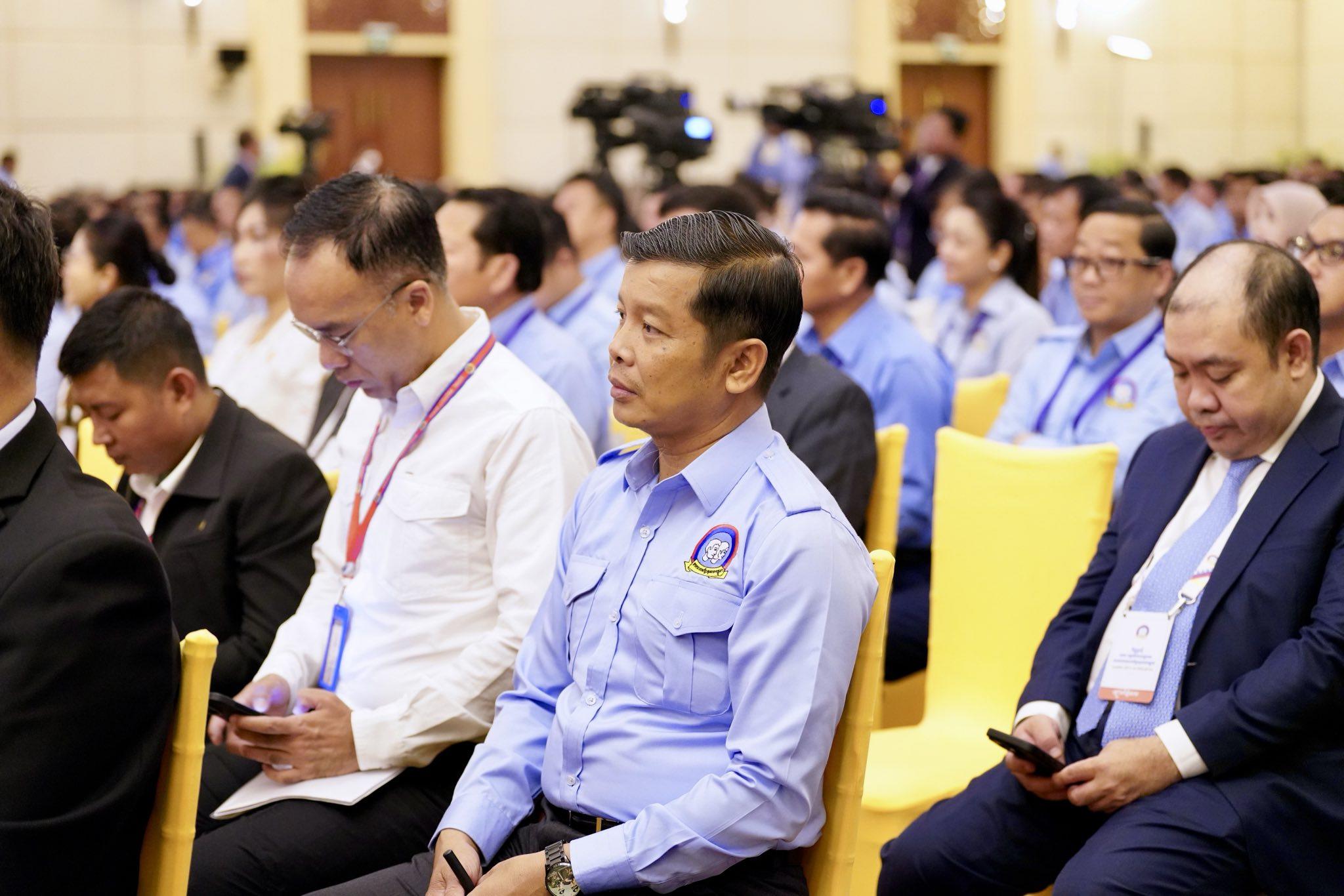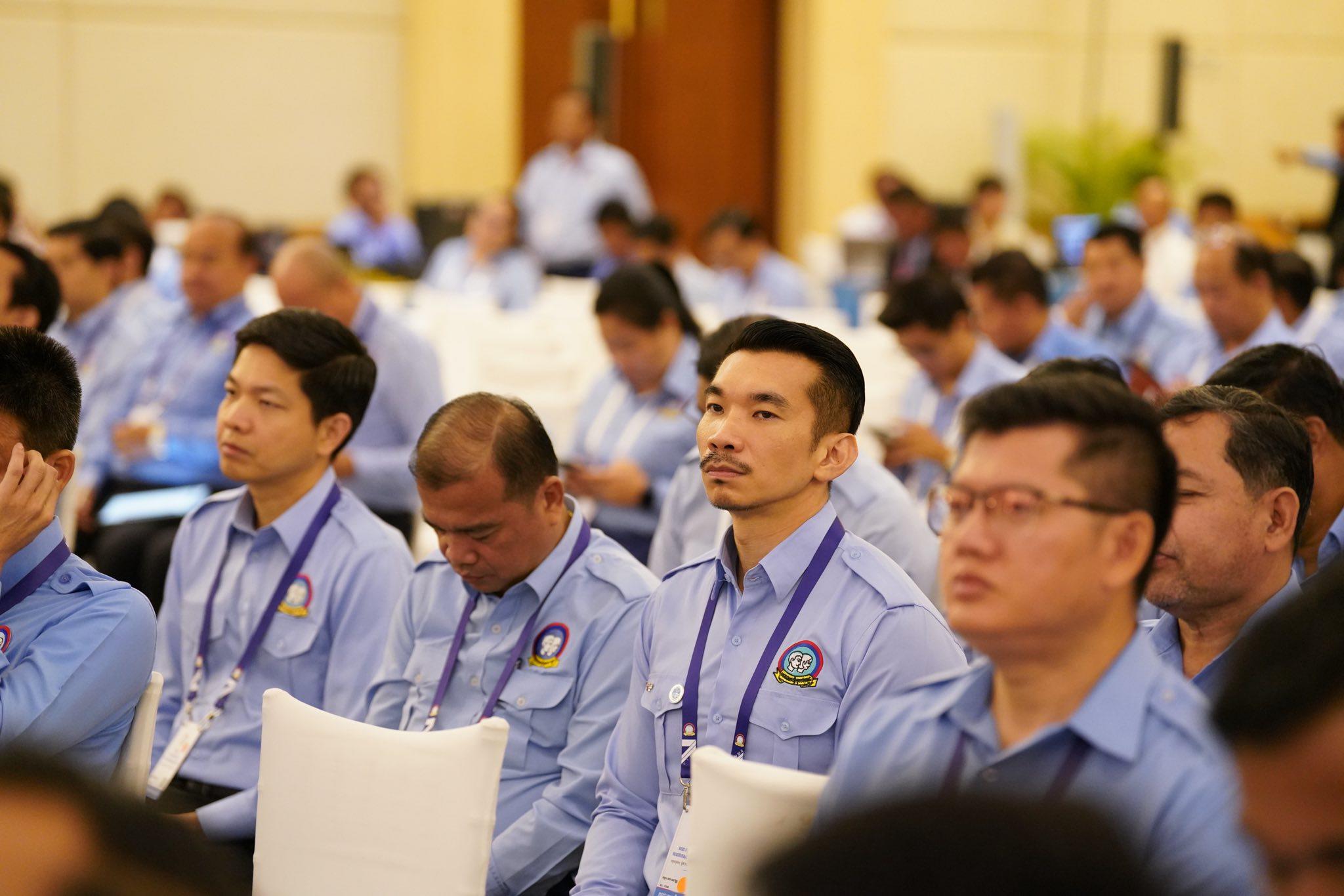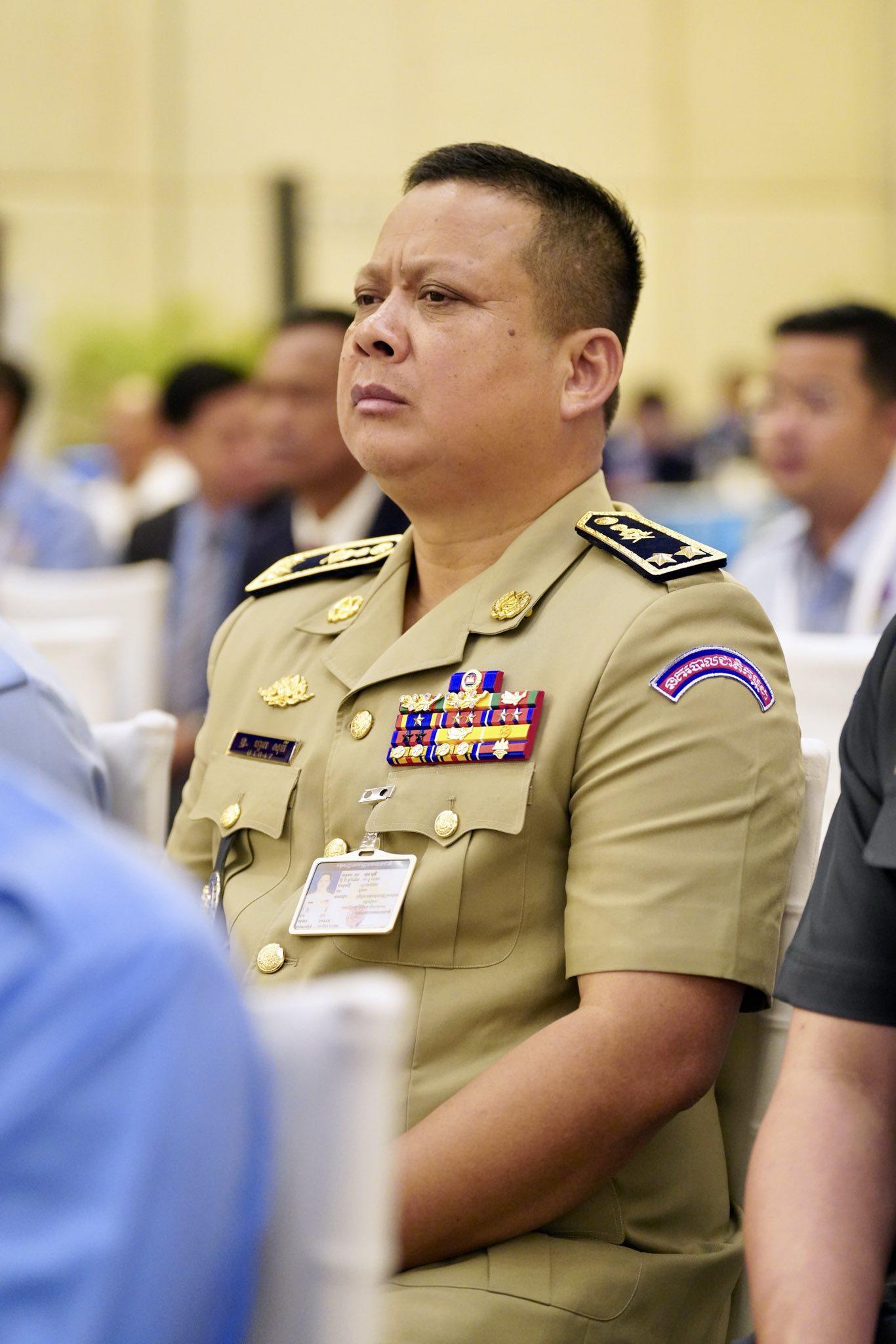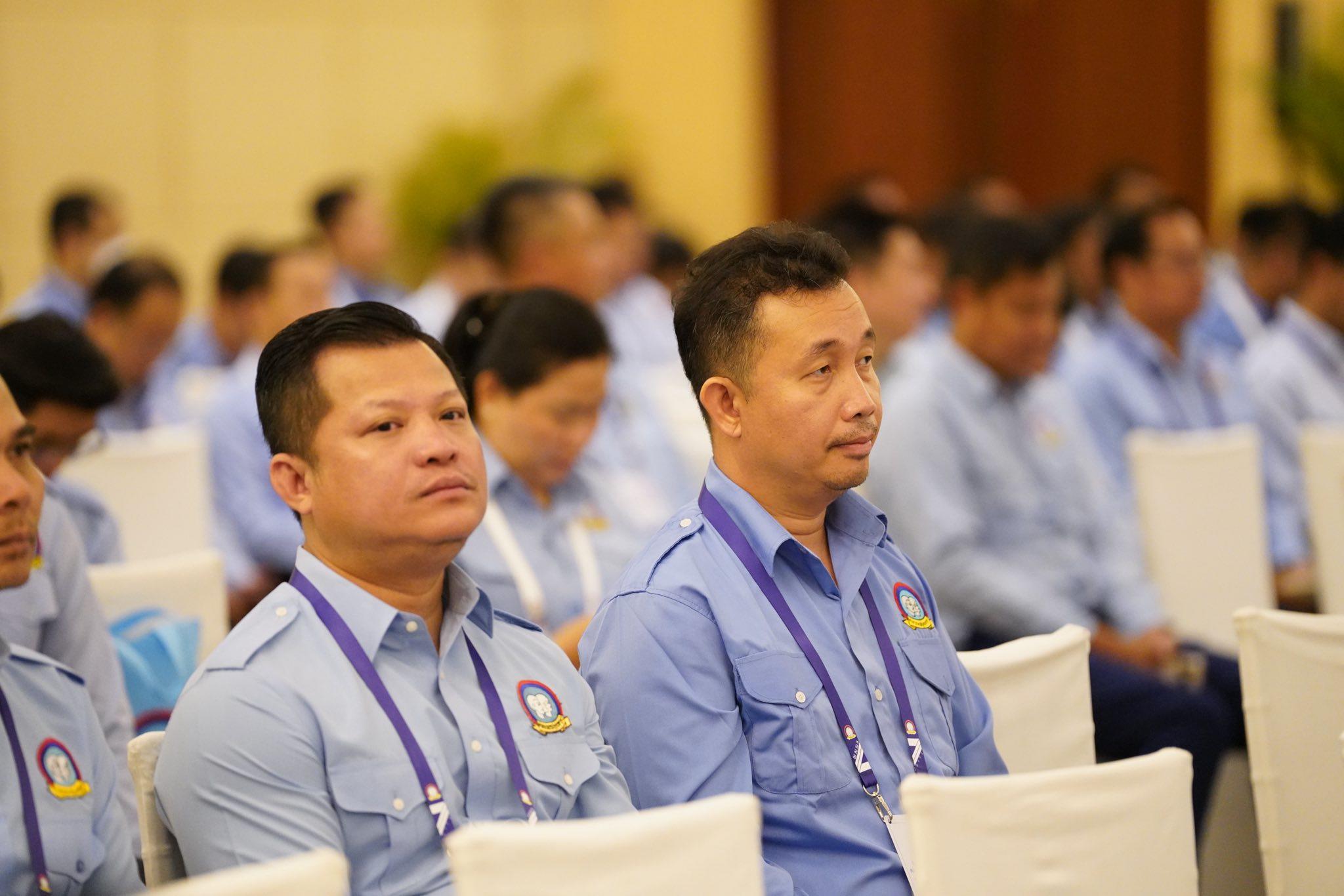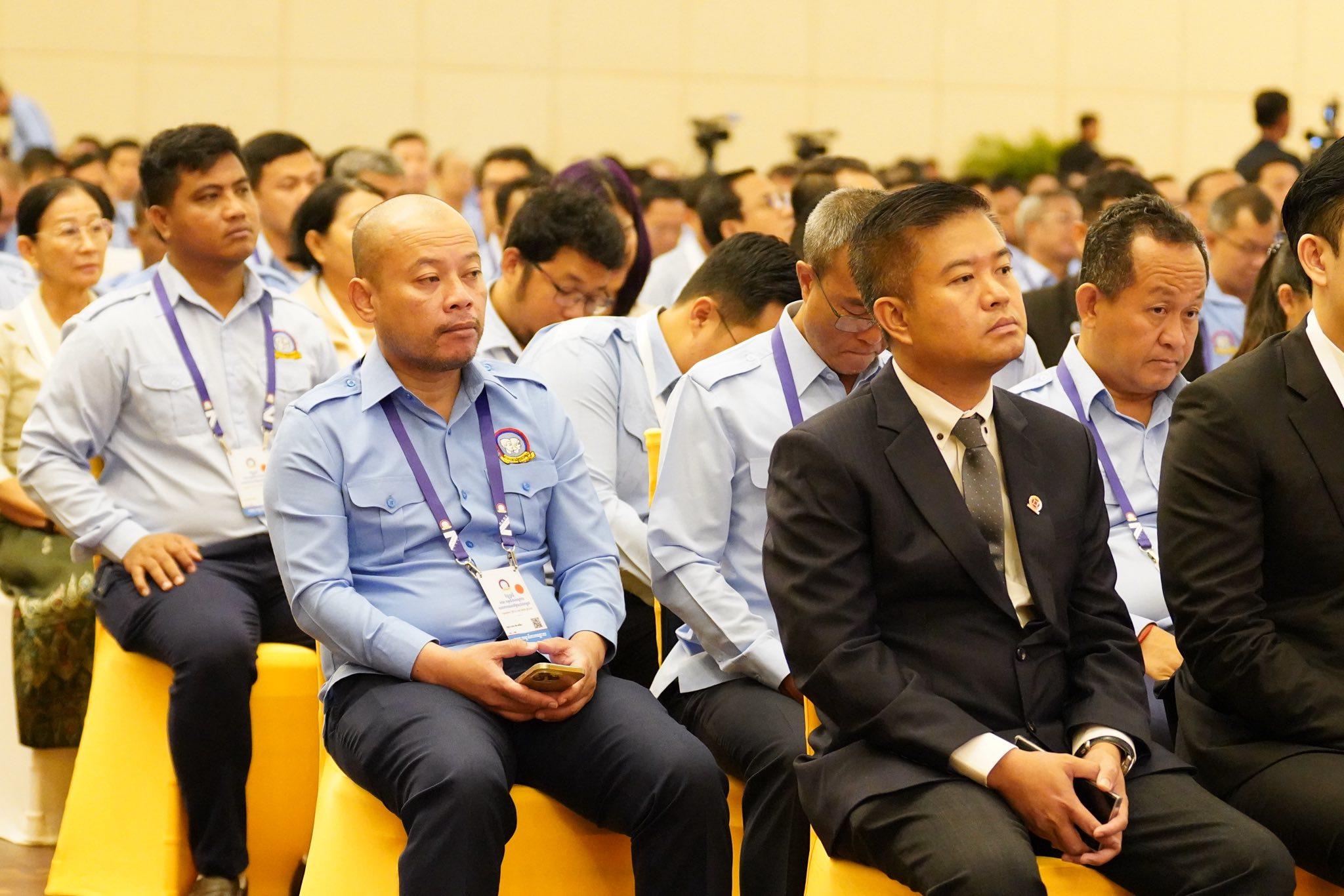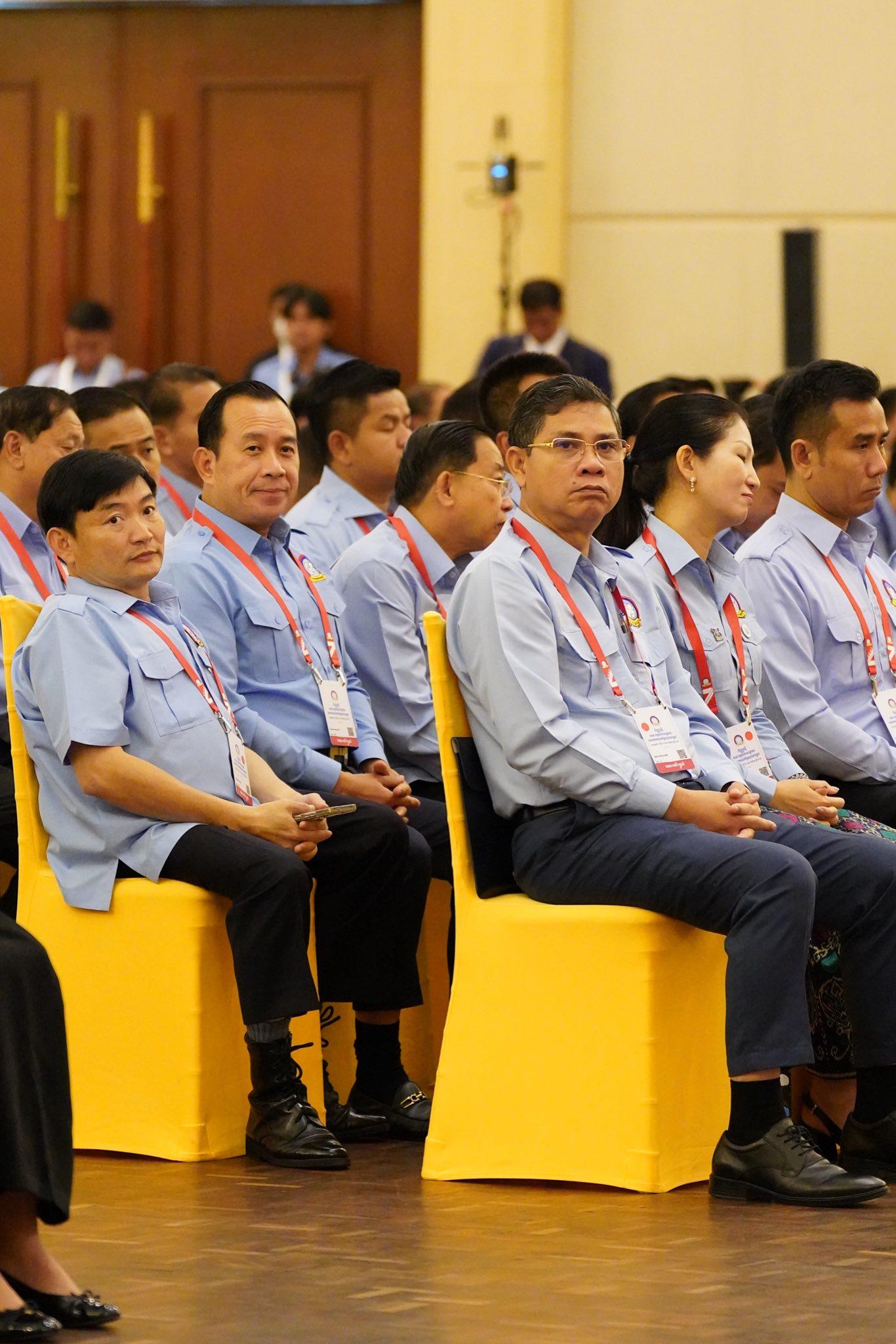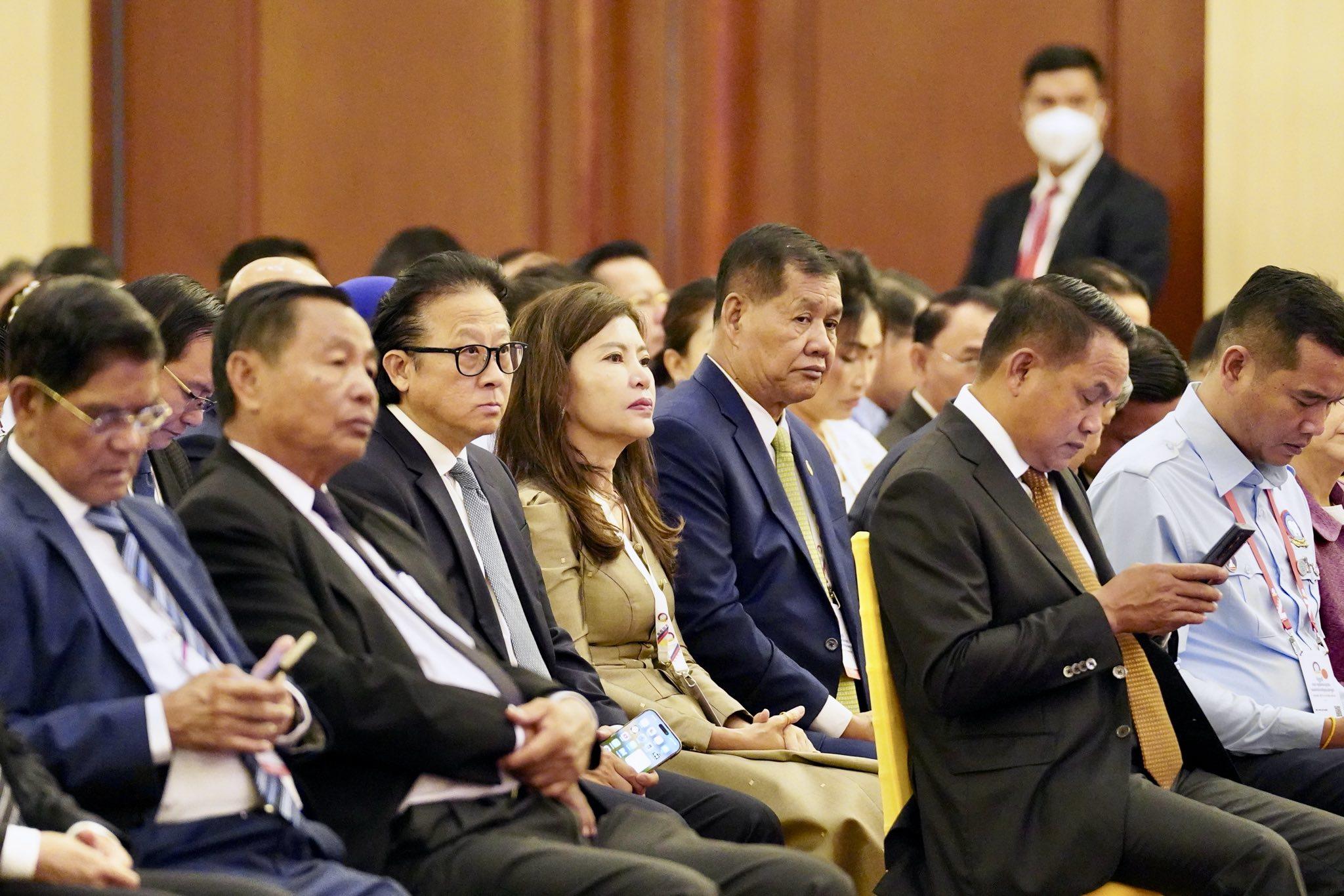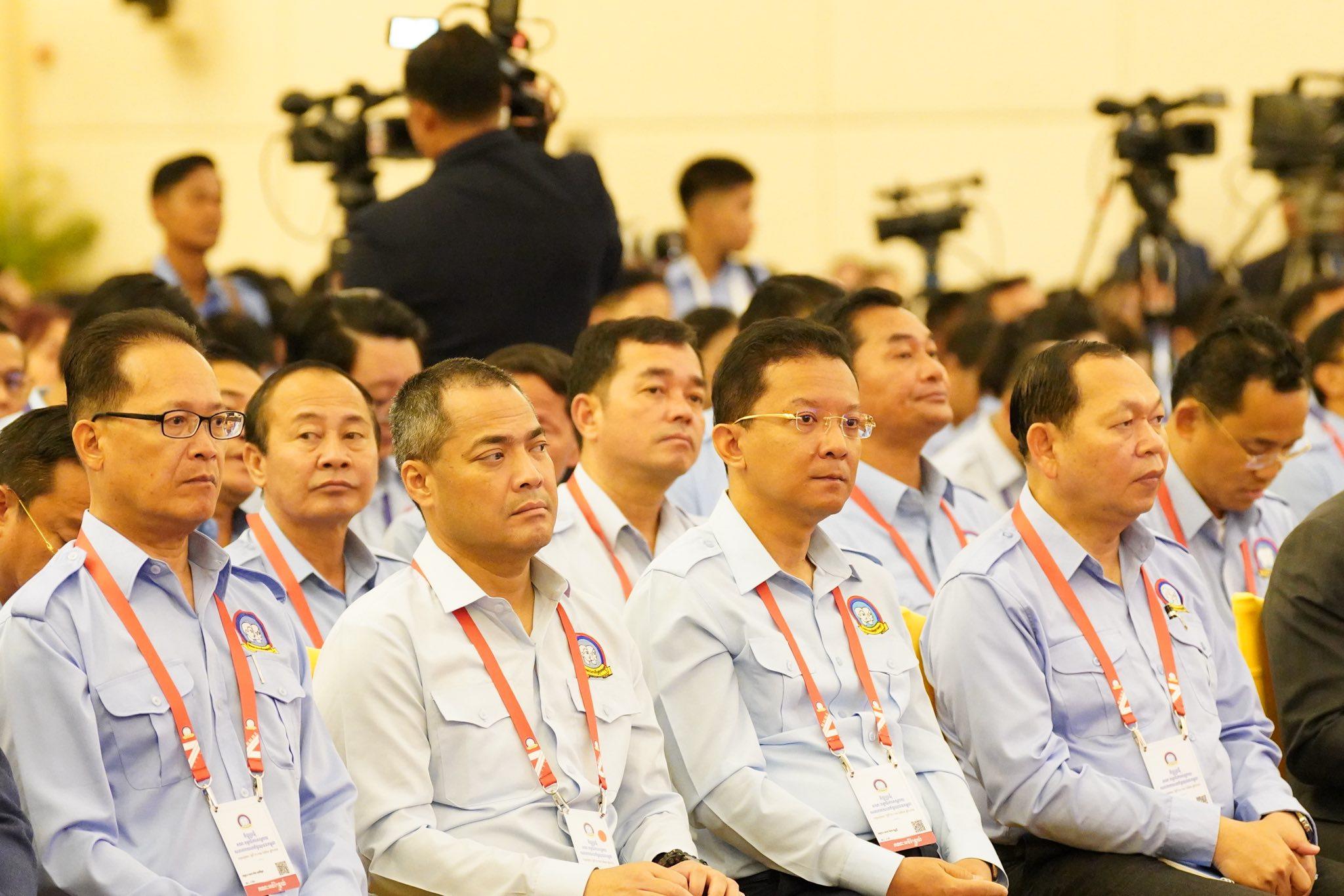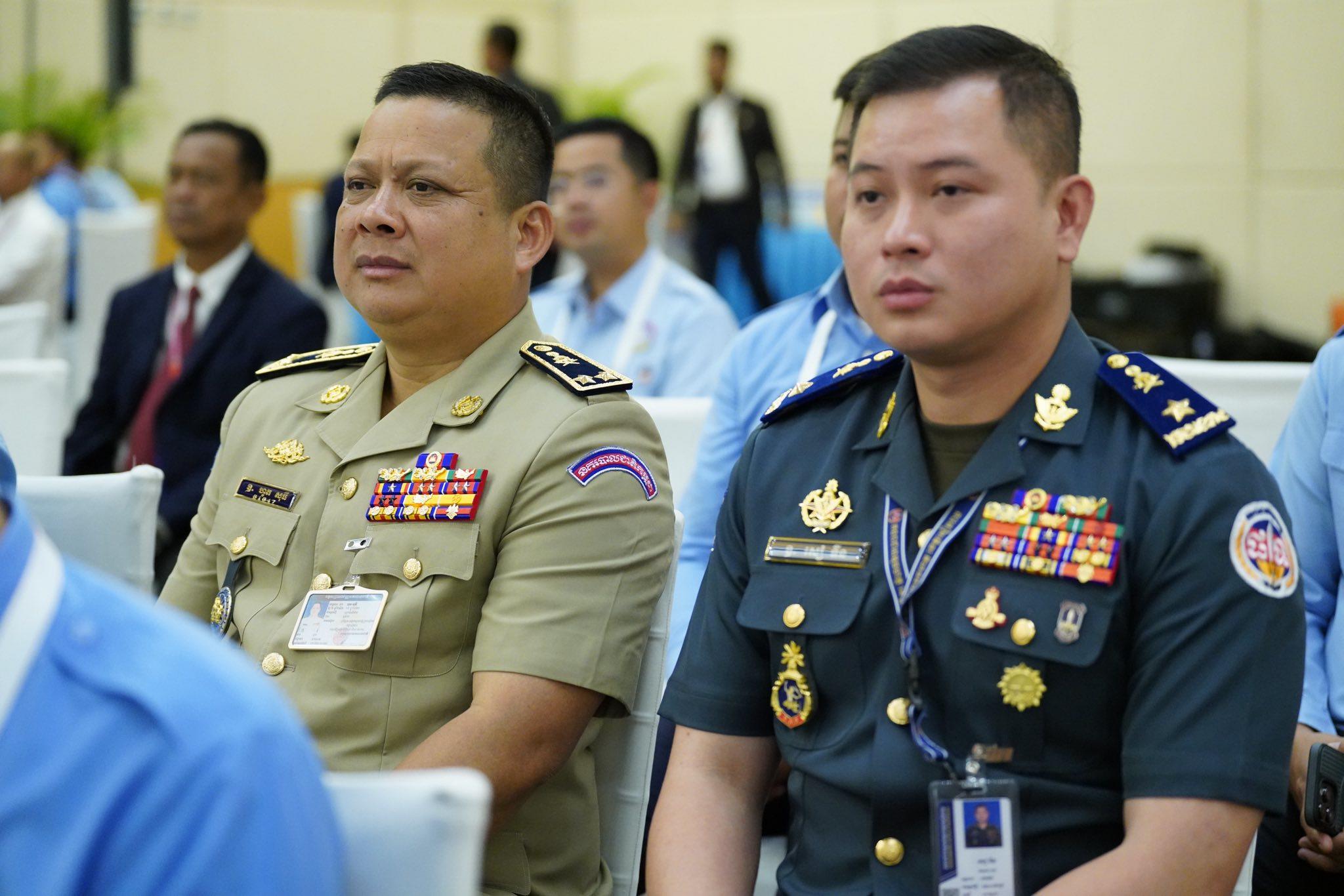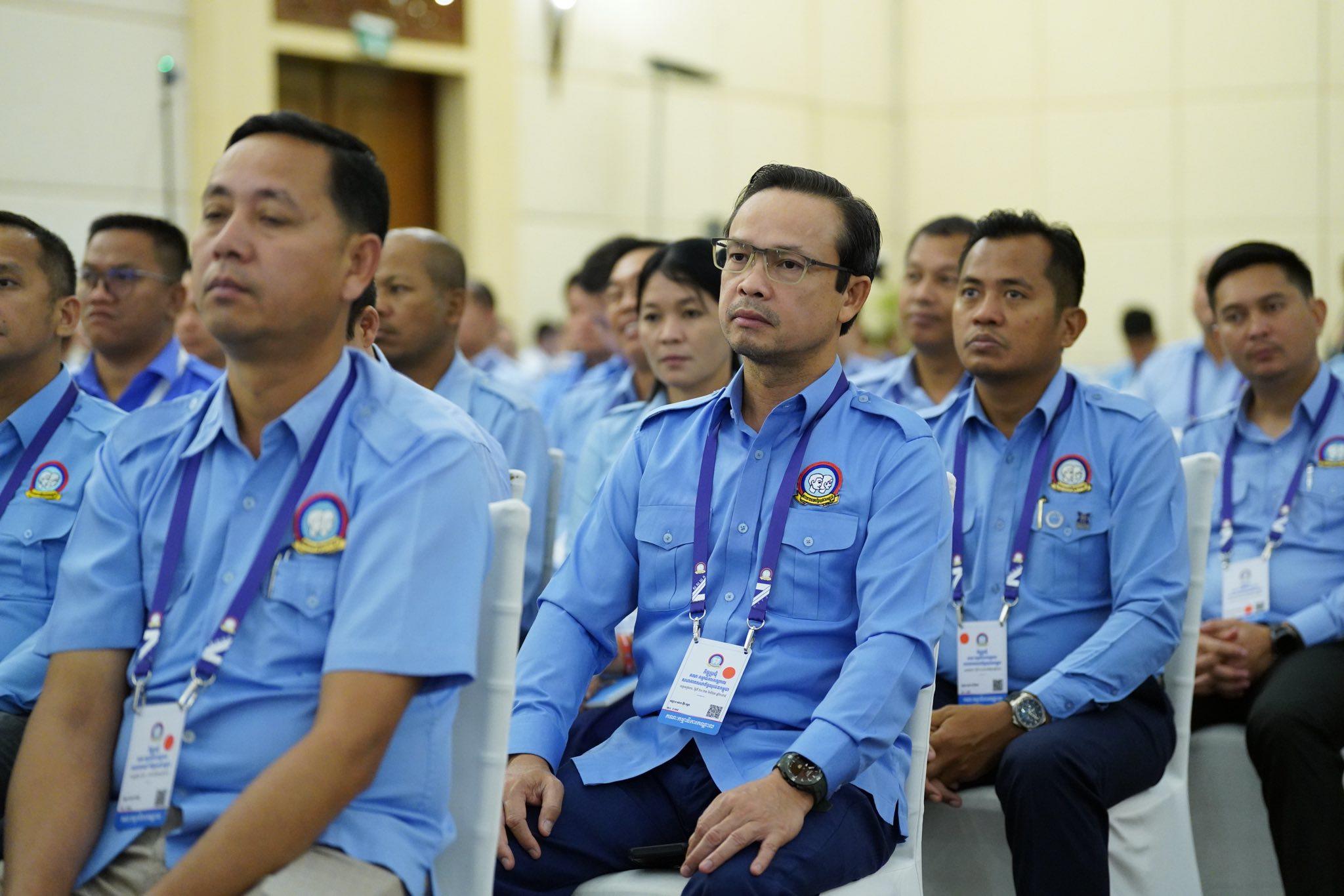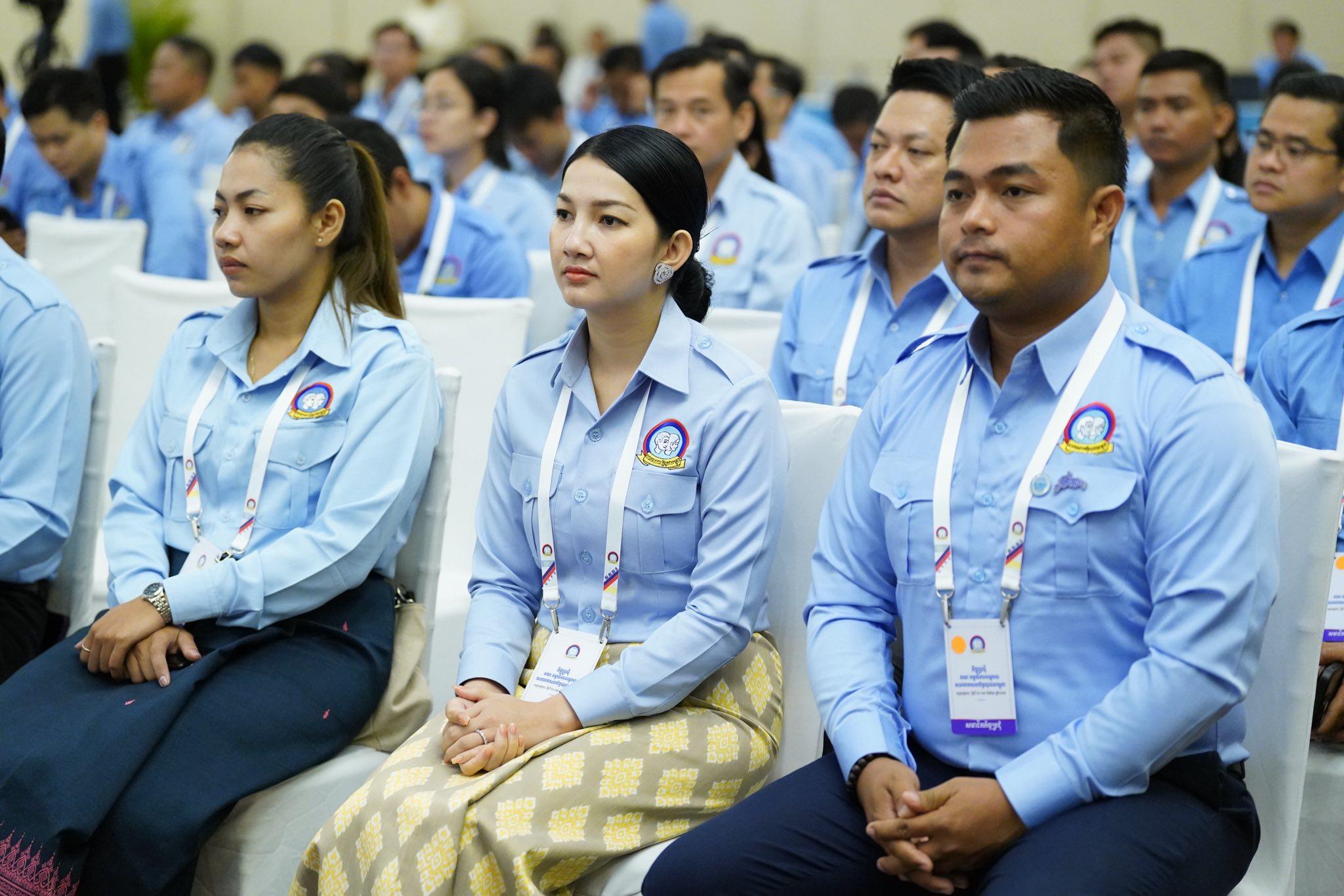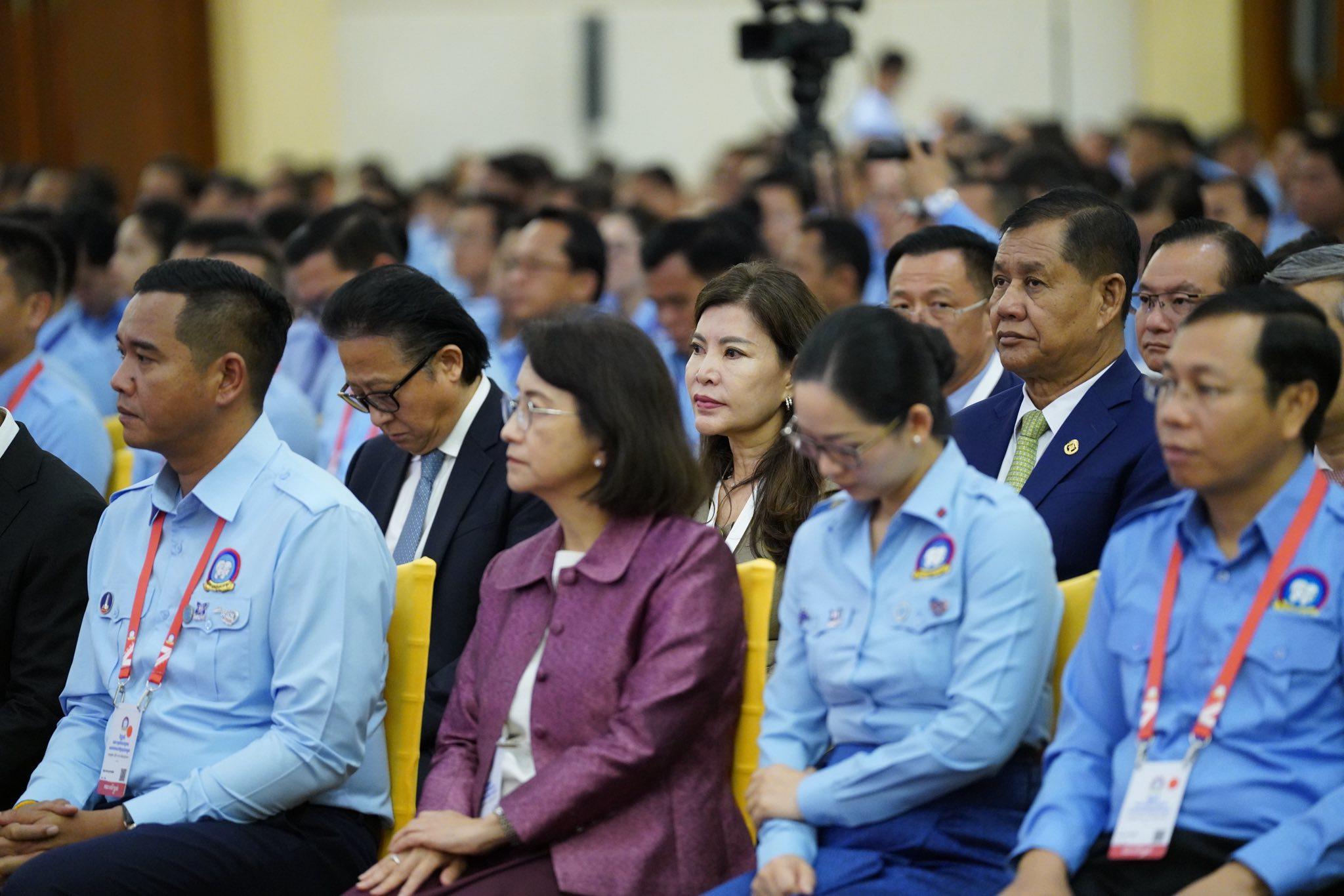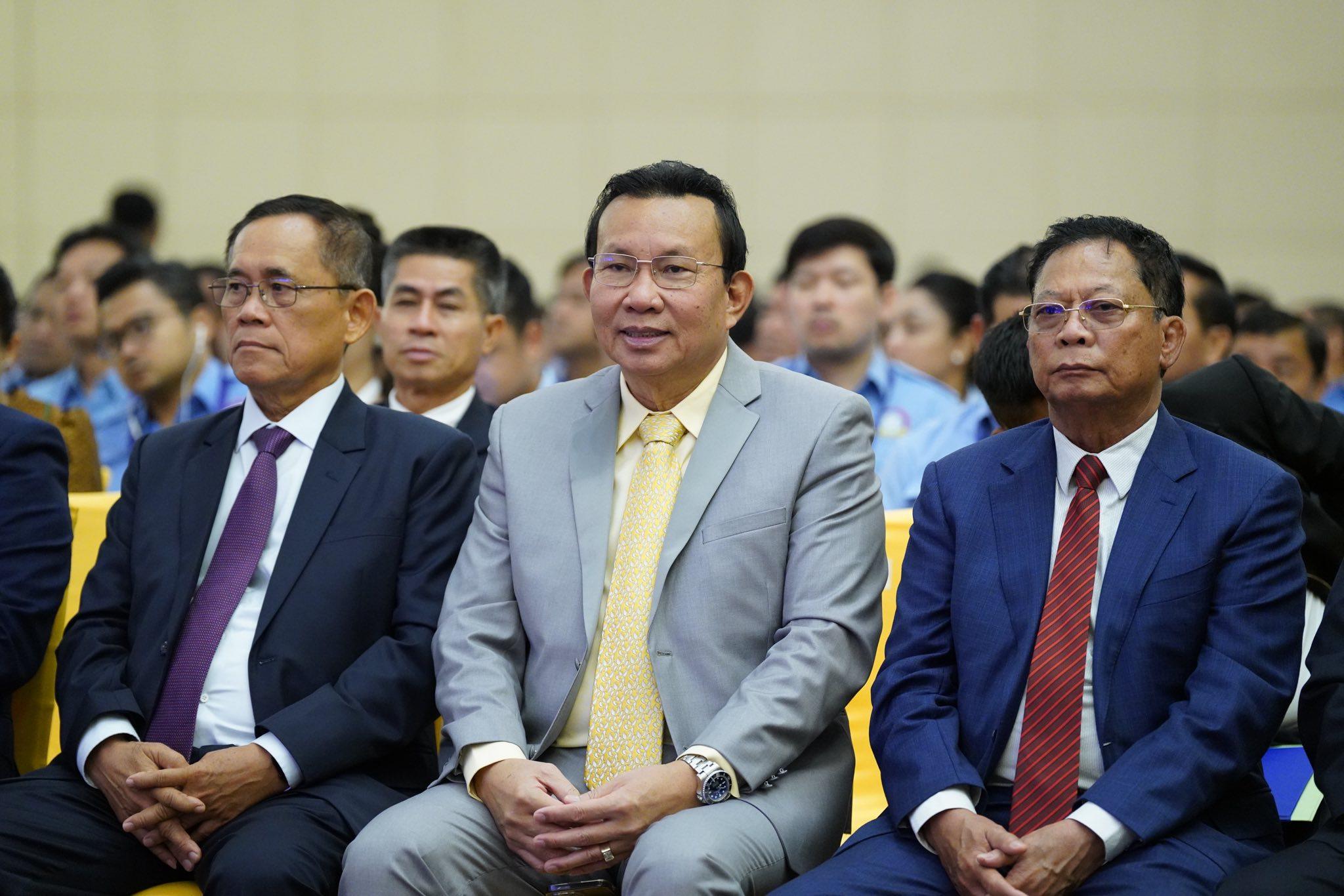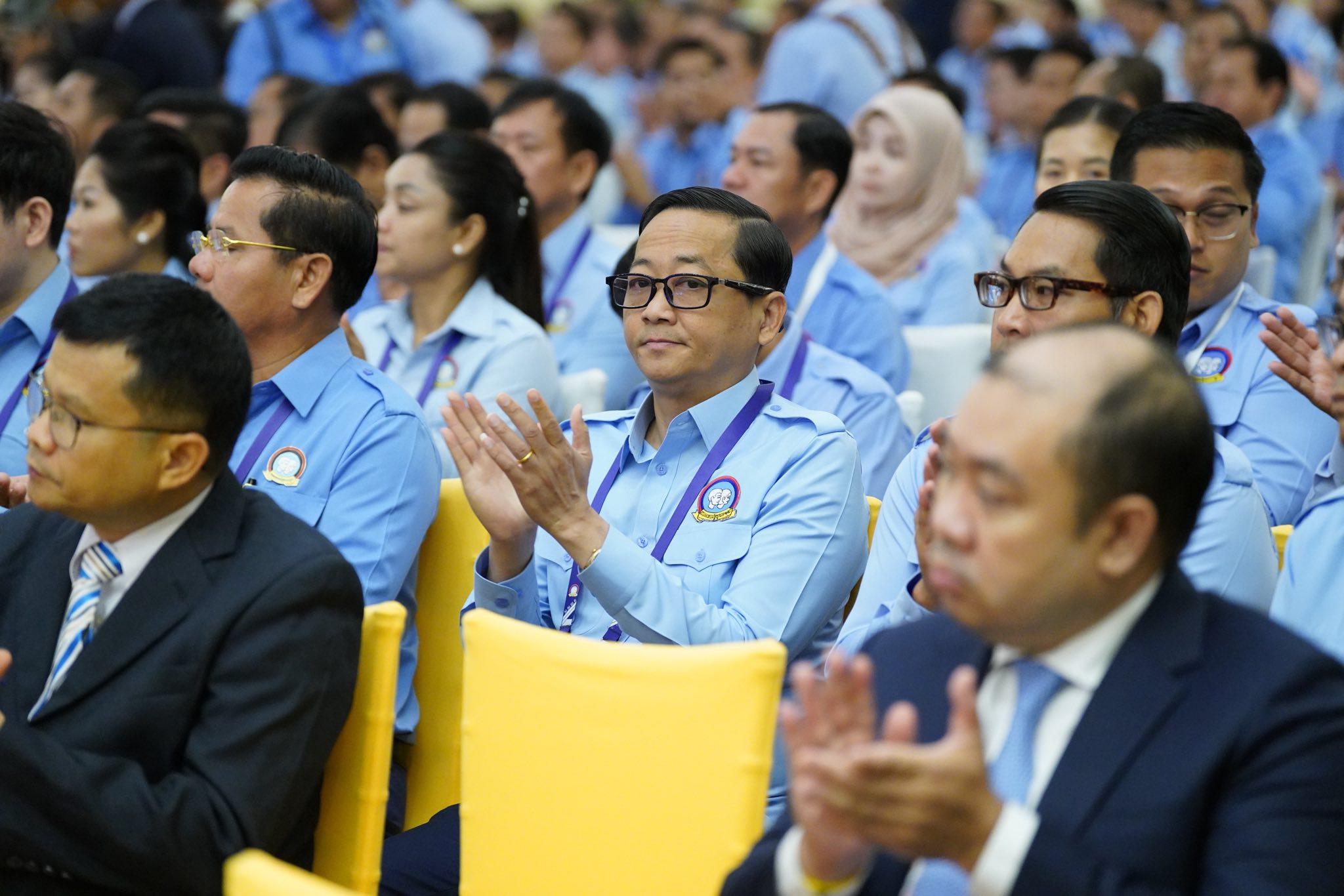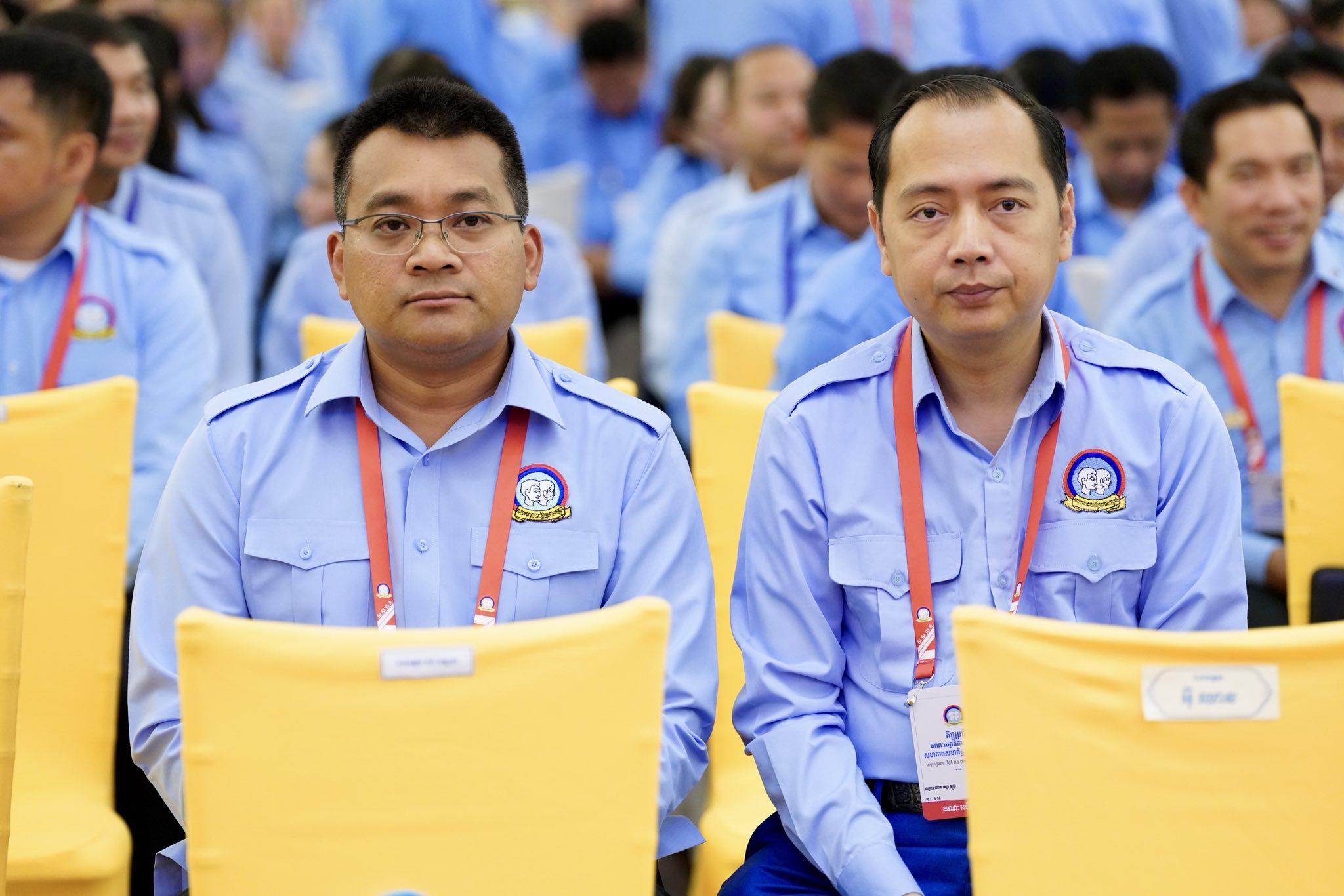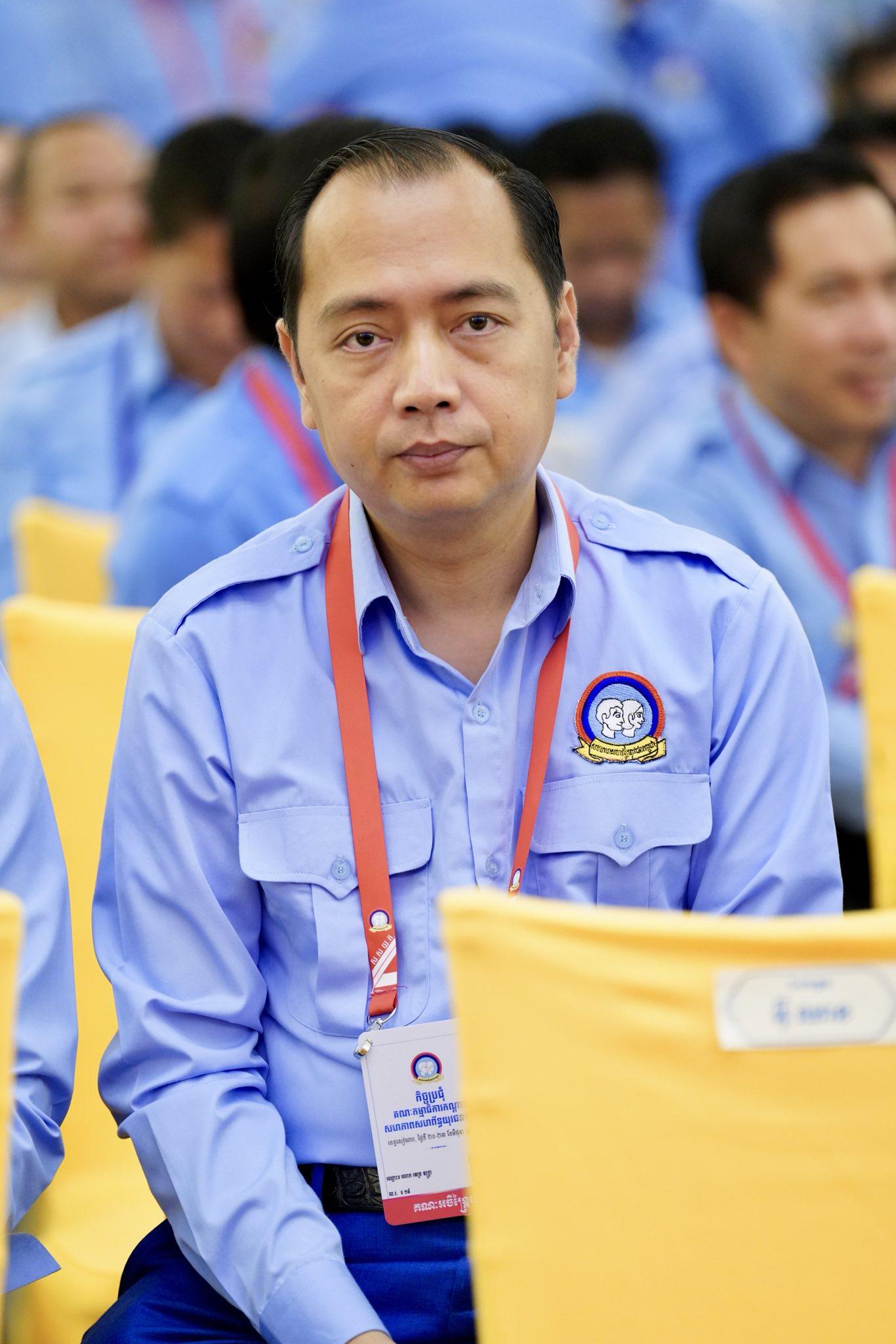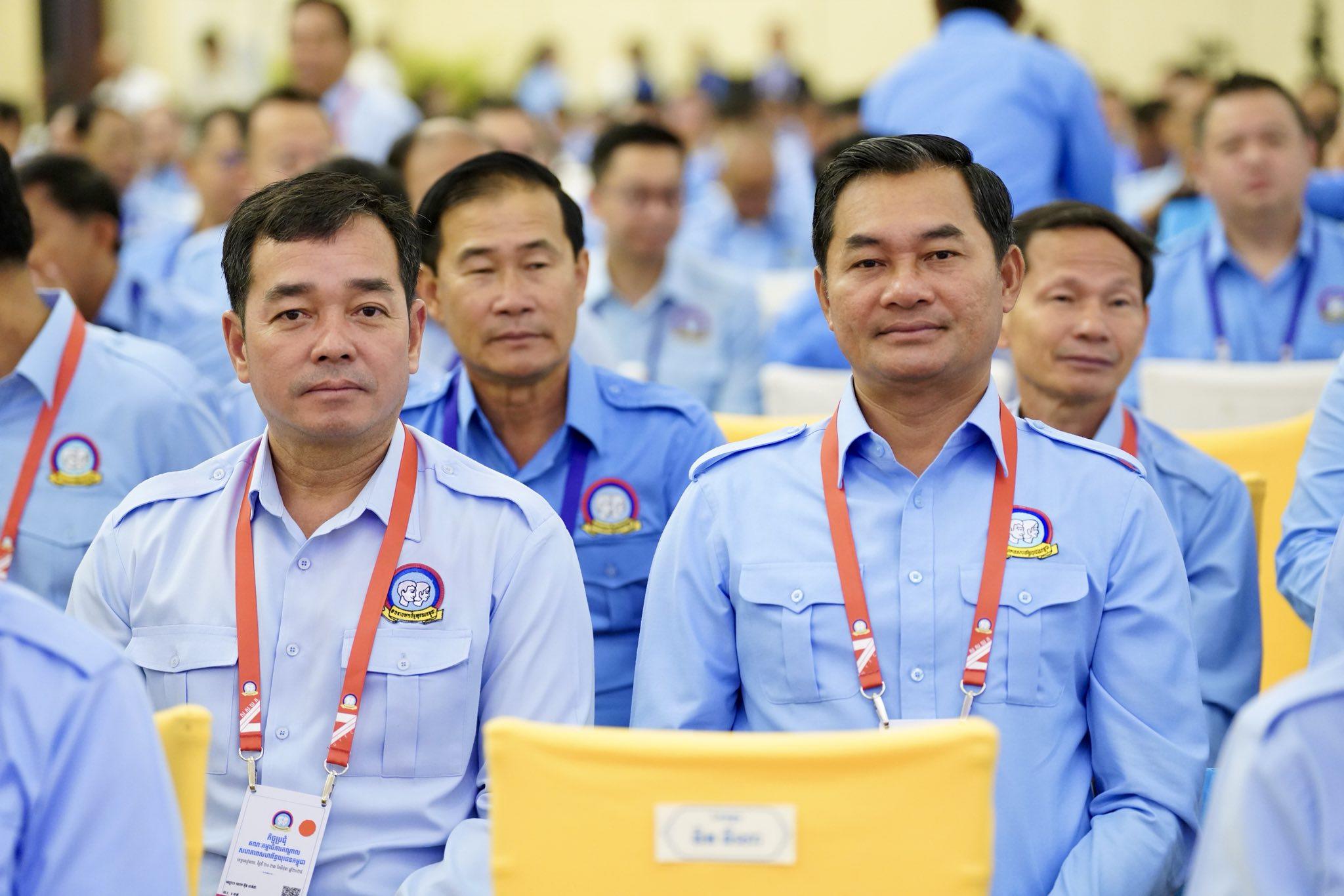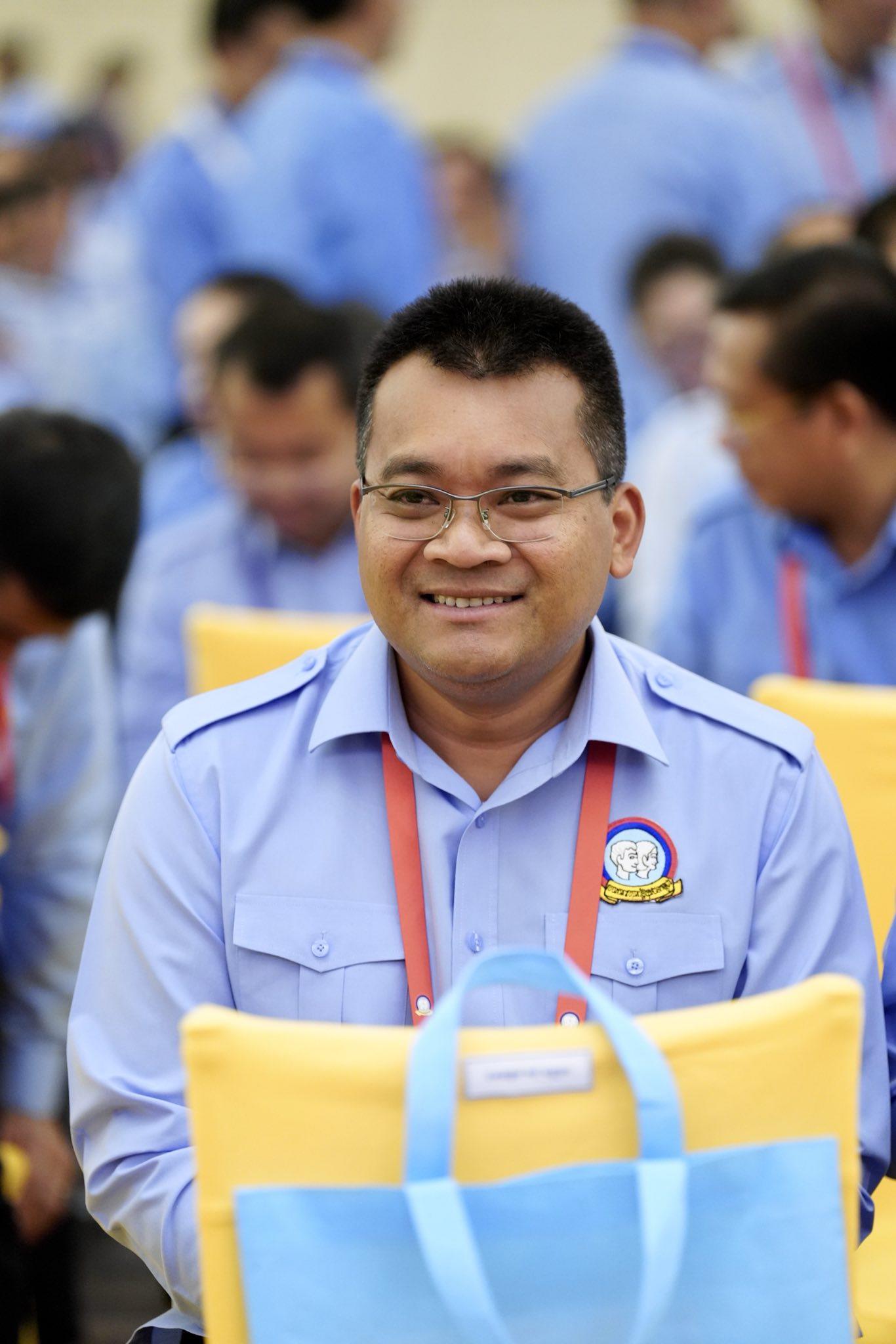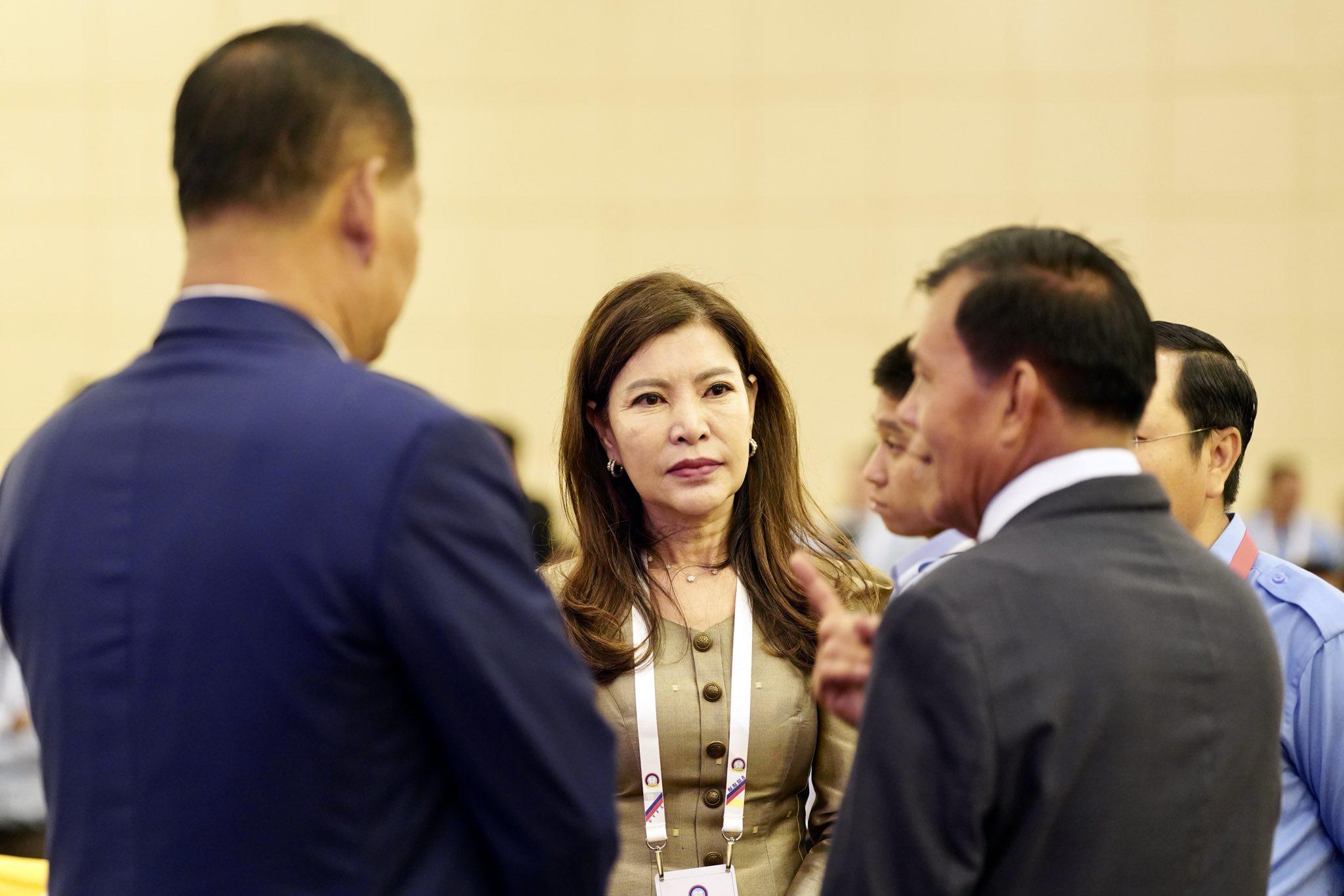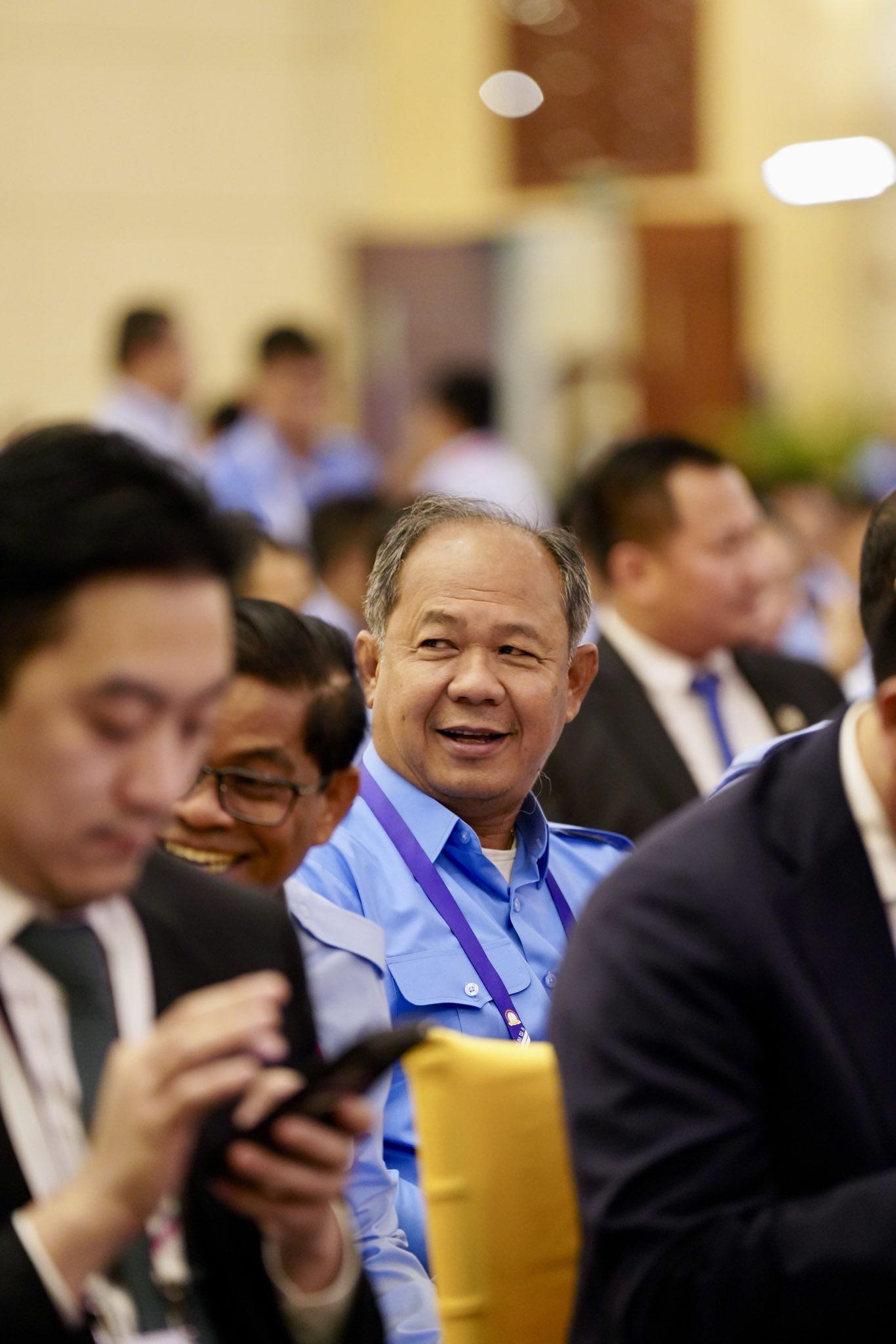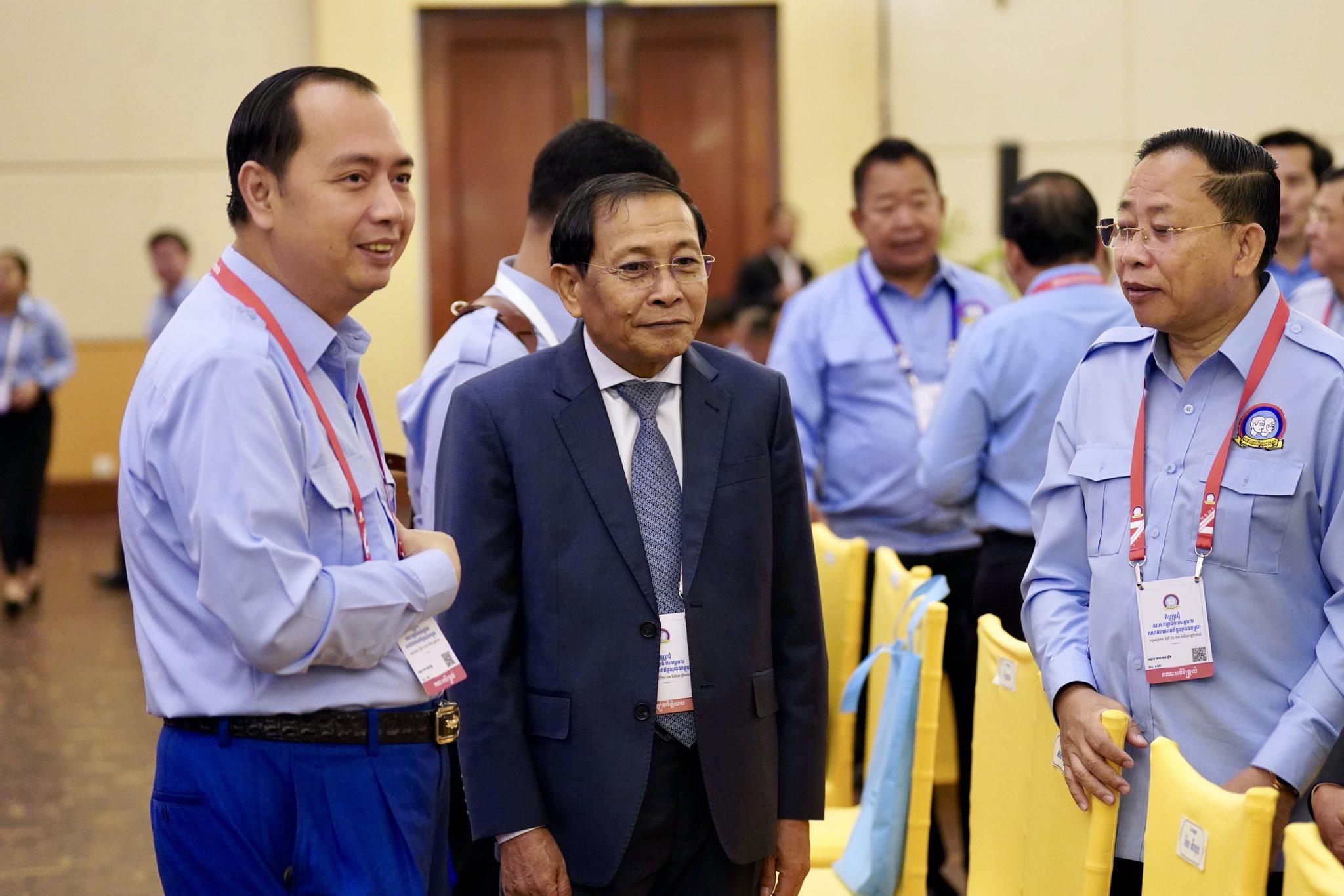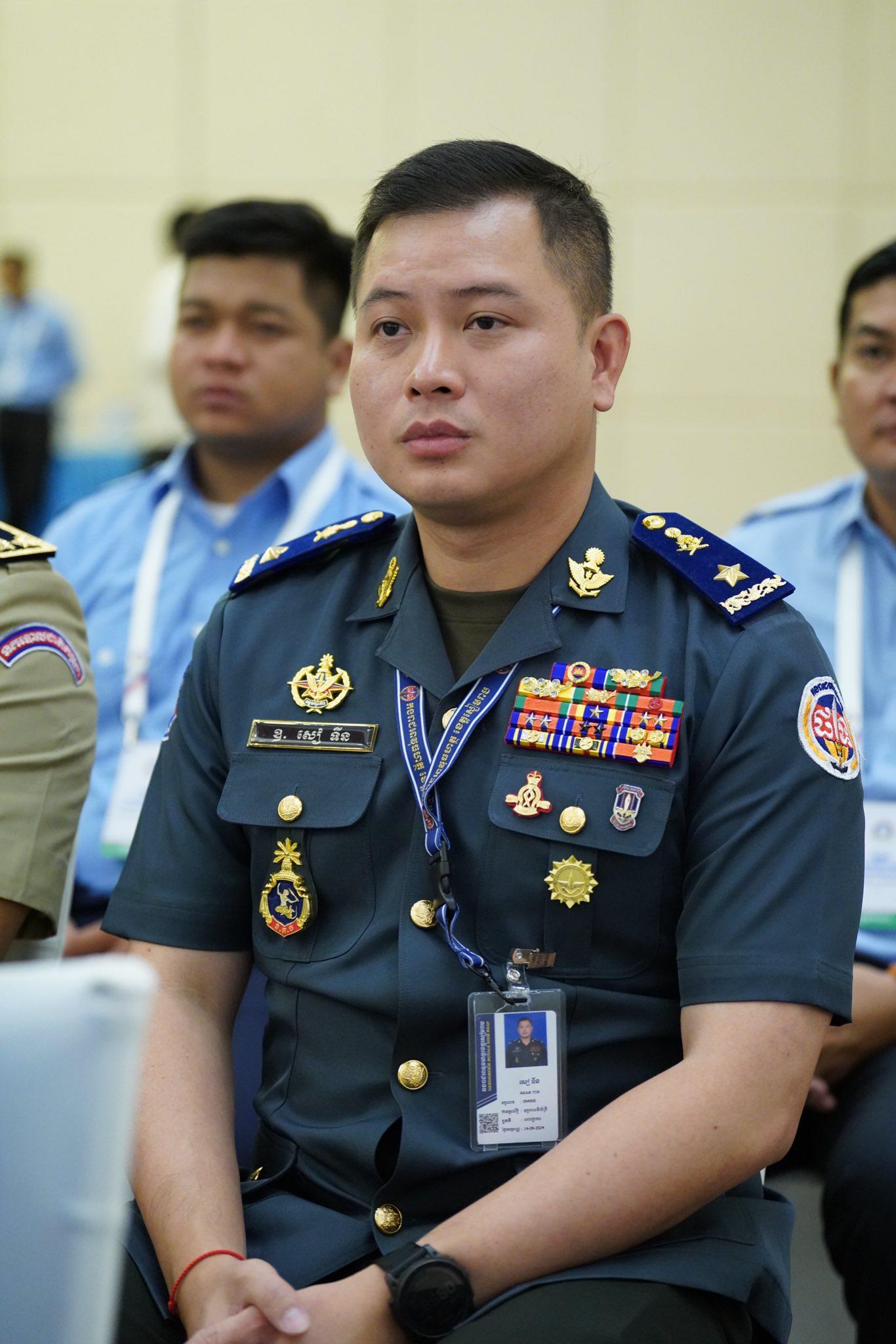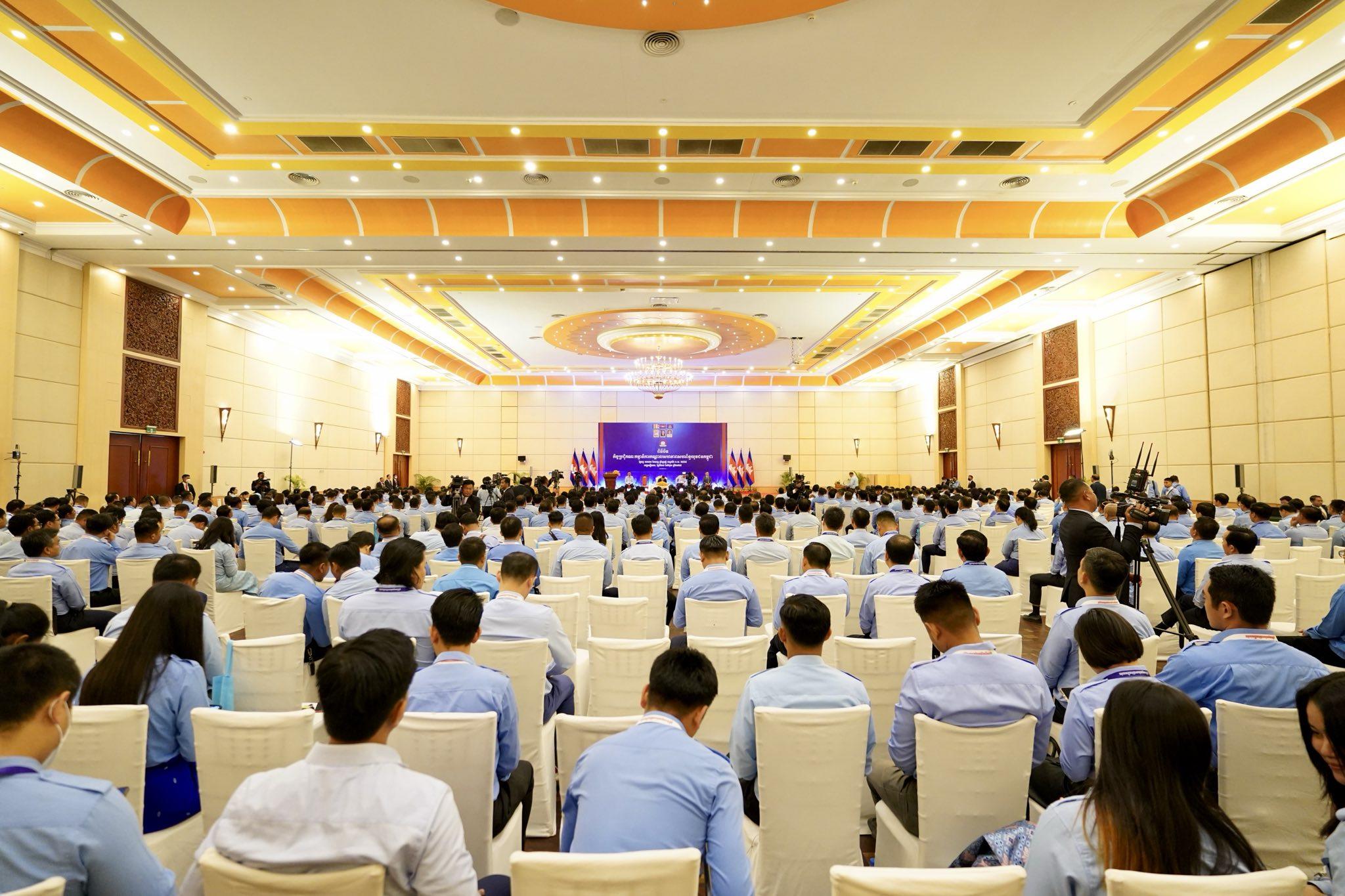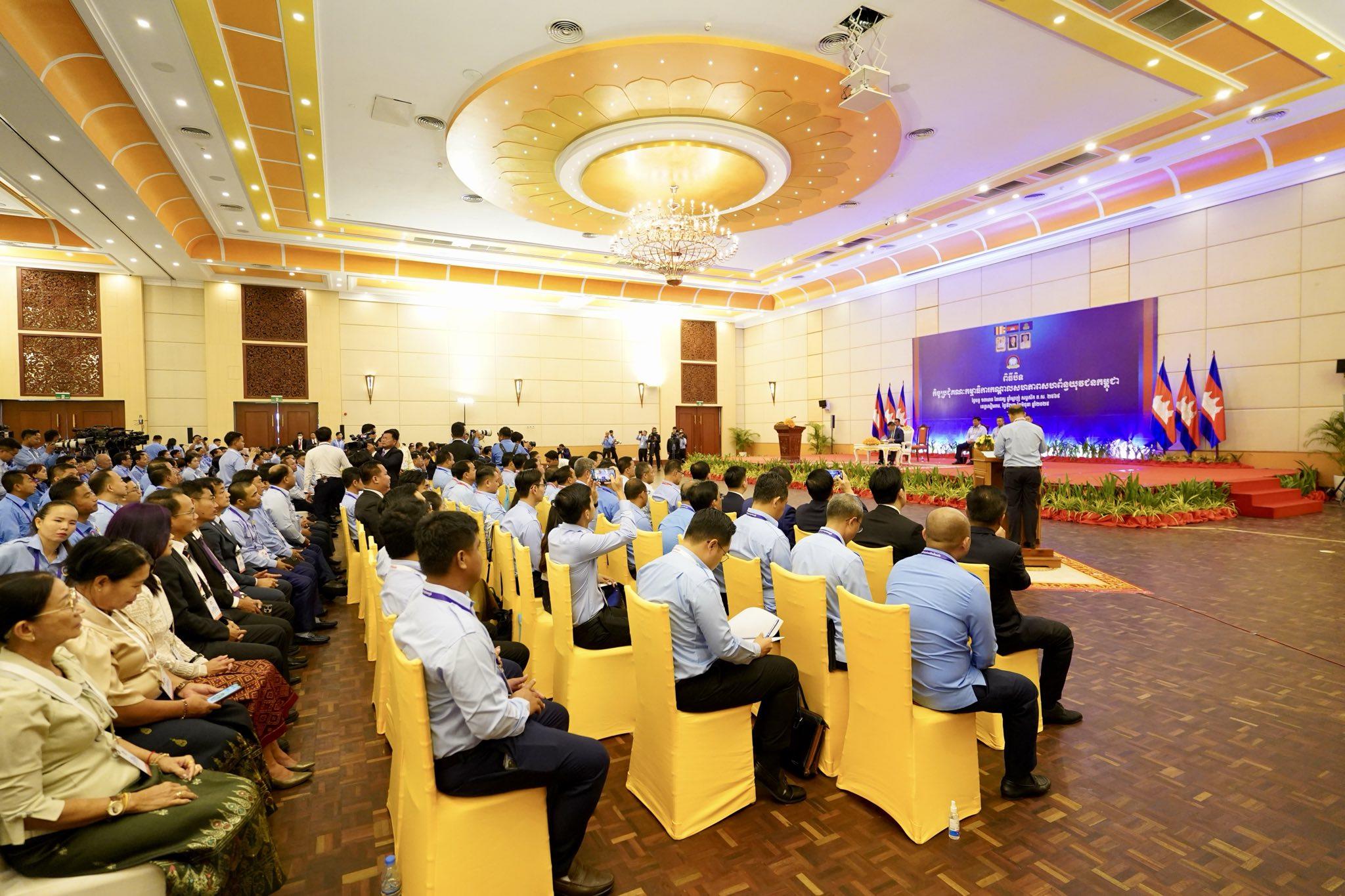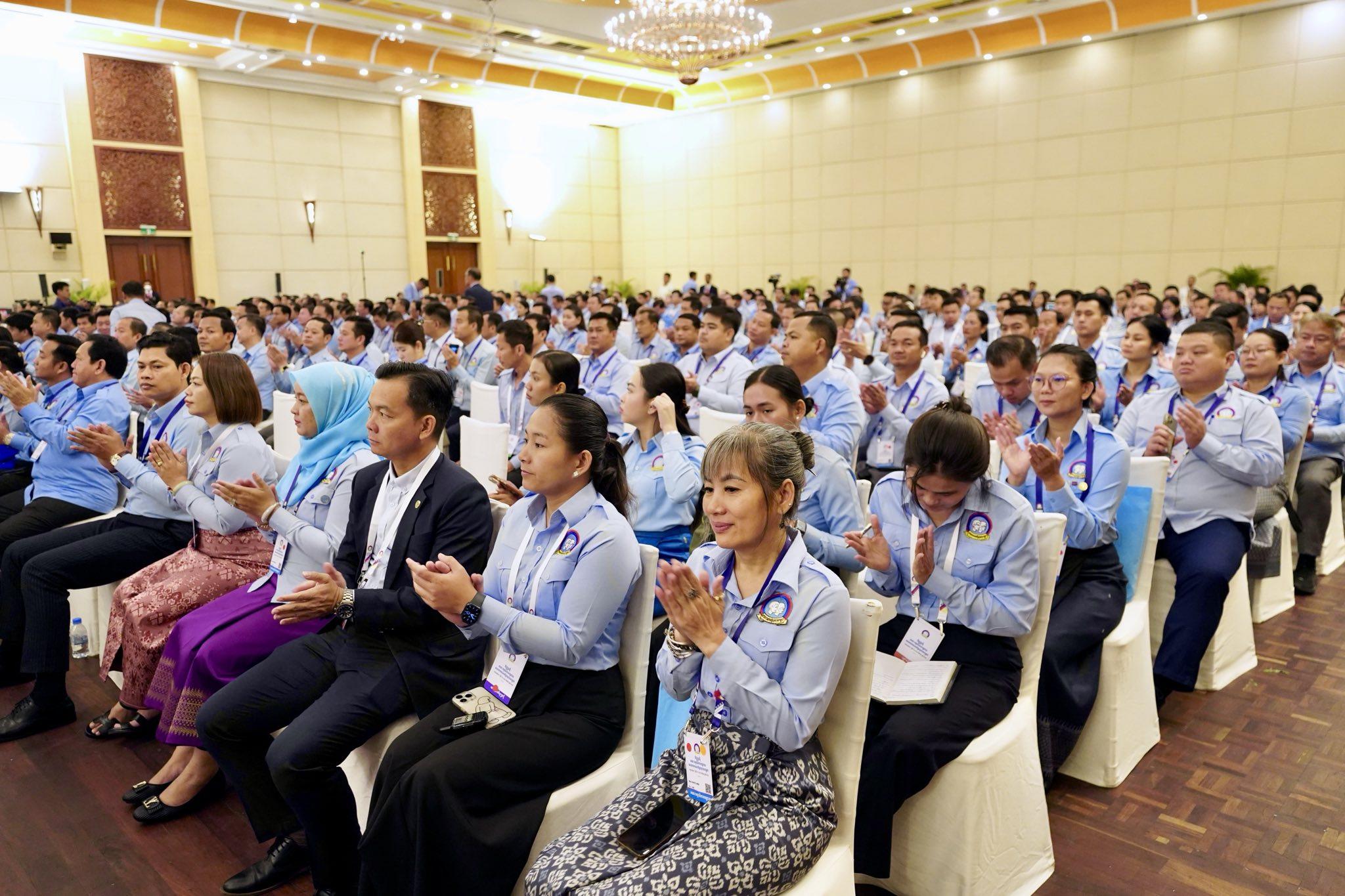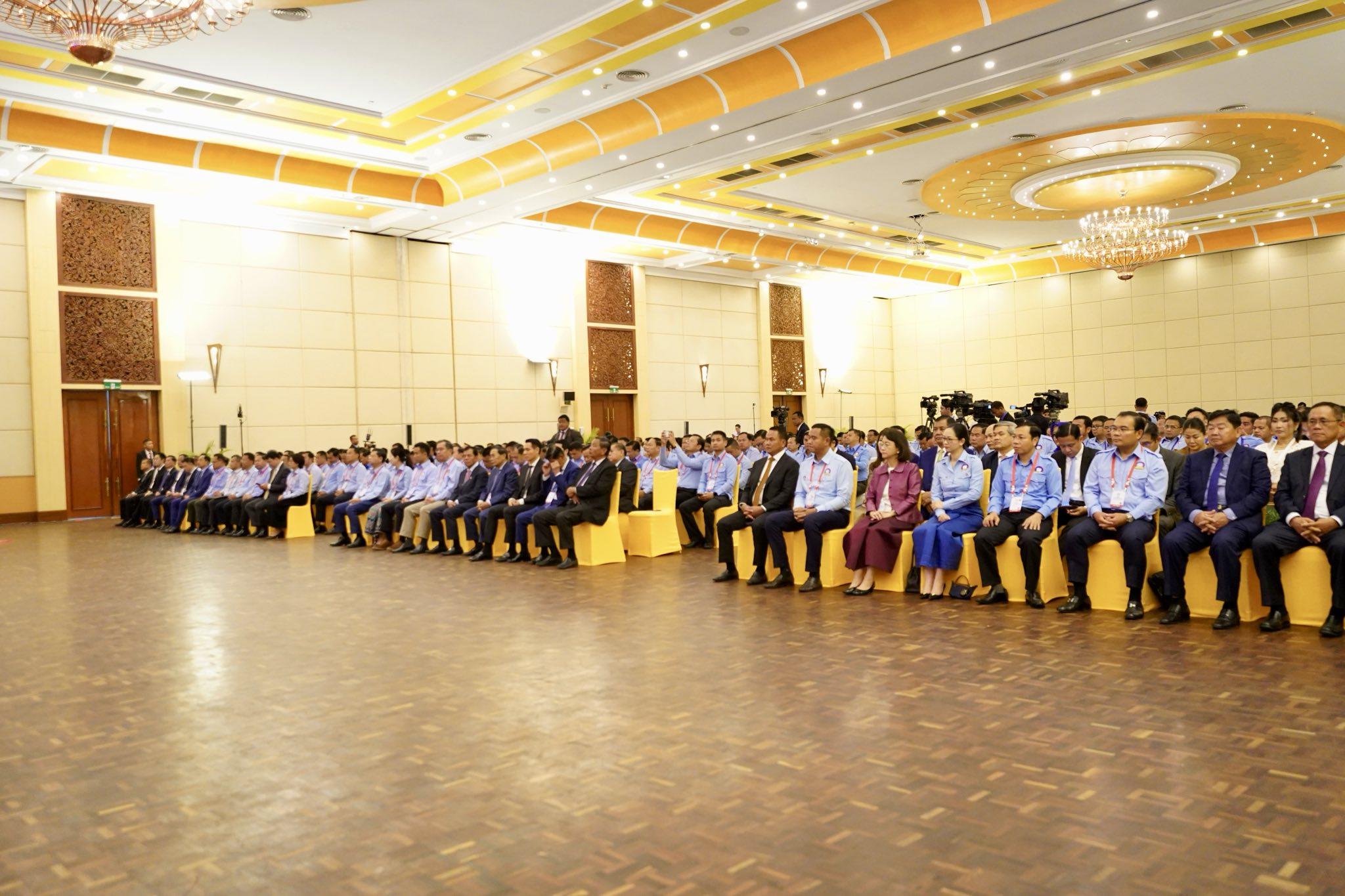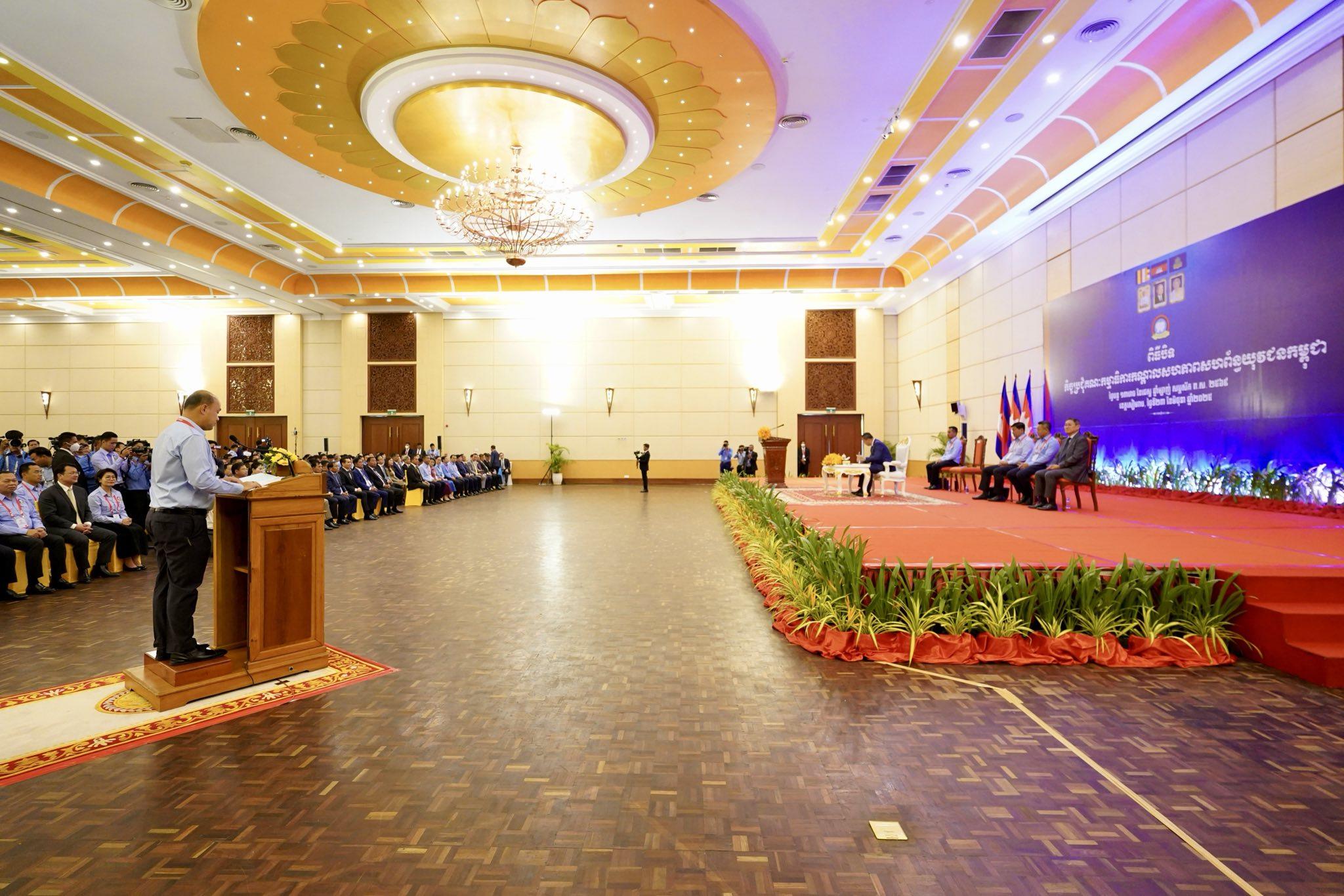(Siem Reap): Cambodian Prime Minister Hun Manet revealed that during the border dispute between Cambodia and Thailand, some countries have offered to mediate, proposing a bilateral resolution.
The premier spoke on Monday (Jun. 23) at the closing of the Central Committee Meeting of the Union of Youth Federations of Cambodia (UYFC) in Siem Reap province.
“Yesterday, some countries expressed a desire to act as mediators, but their request was primarily based on Thailand’s proposal for bilateral negotiations. Cambodia has stated that at this time, we are not relying on any third party except for four specific areas. Aside from those, we continue to address border, economic, and military issues bilaterally. We remain open to bilateral negotiations, but with certain conditions,” the premier underscored.
Samdech Thipadei added that if violence erupts, Cambodia will bring the matter to the United Nations Security Council. However, for now, bilateral measures are being used to resolve the issues, including border disputes, except for the four areas submitted to the International Court of Justice (ICJ), as their deadline has expired. Beyond these points, Cambodia is still engaging bilaterally. It is not yet necessary to involve others, although Cambodia remains grateful to its friendly nations.
Samdech Thipadei continued, “Of course, no one wishes to see this dispute escalate. A few days ago, I met the Malaysian minister of tourism and culture, who expressed a desire to see both countries resolve the issue peacefully. I agreed, as Cambodia is weary of war. Cambodia does not want conflict. This is why we have taken these matters to the ICJ, much like Malaysia and Singapore, who resolved their island disputes peacefully at the ICJ over 20 years ago from 1997 to 2000 without damaging broader relations.”
Samdech Thipadei reaffirmed Cambodia’s commitment to resolving disputes through peaceful means, not by force. While Thailand may lean toward coercive tactics, Cambodia prioritizes dialogue and stability. For this reason, he stated, it is essential to bring the current case before the International Court of Justice (ICJ). All other issues, however, will continue to be addressed through bilateral negotiations.
=FRESH NEWS
